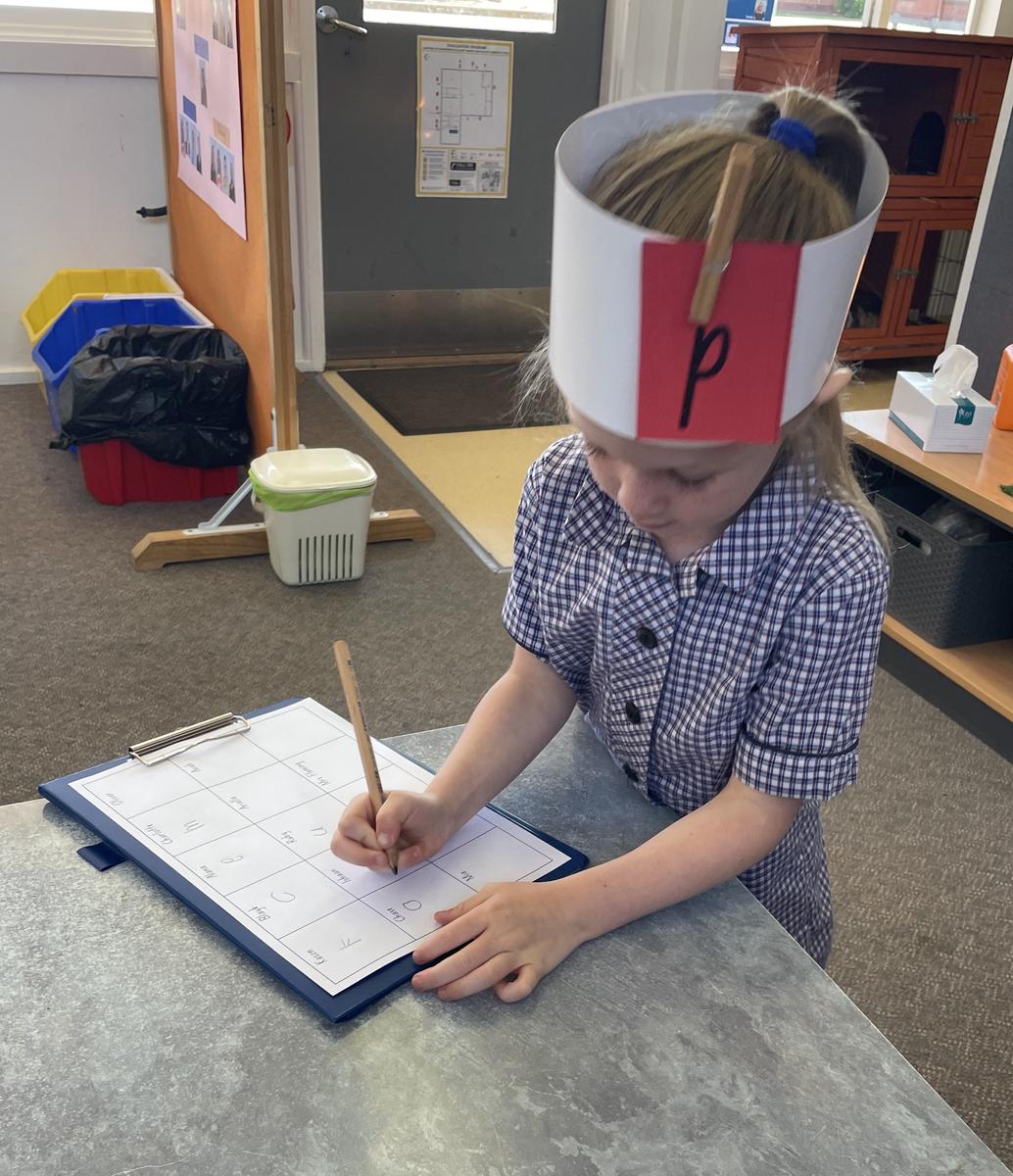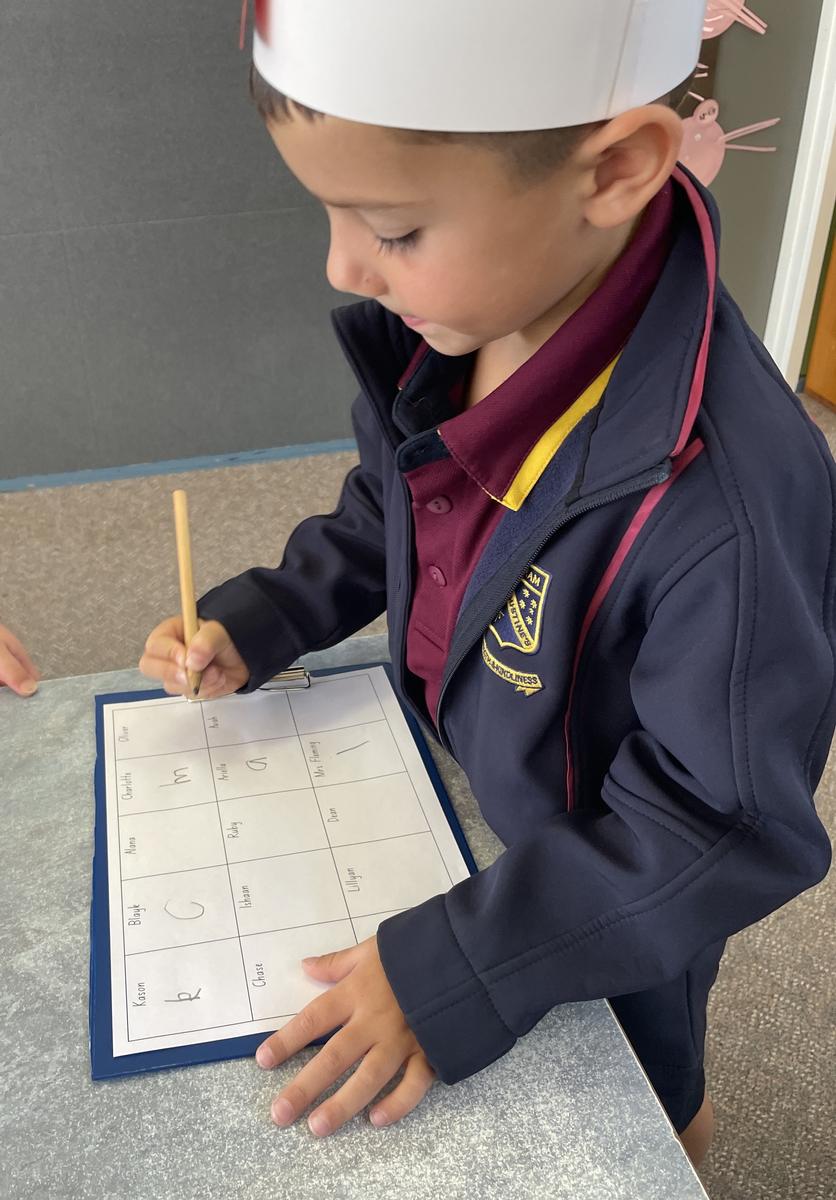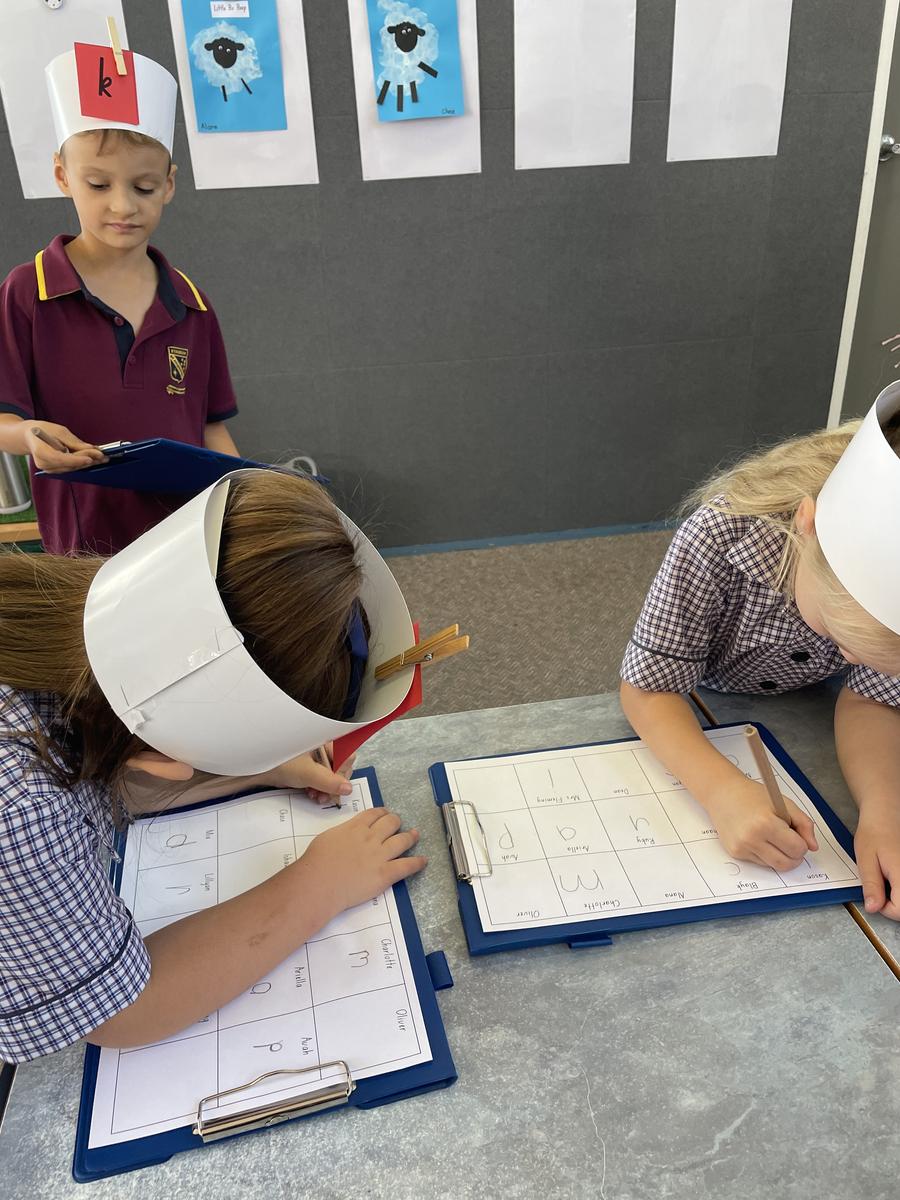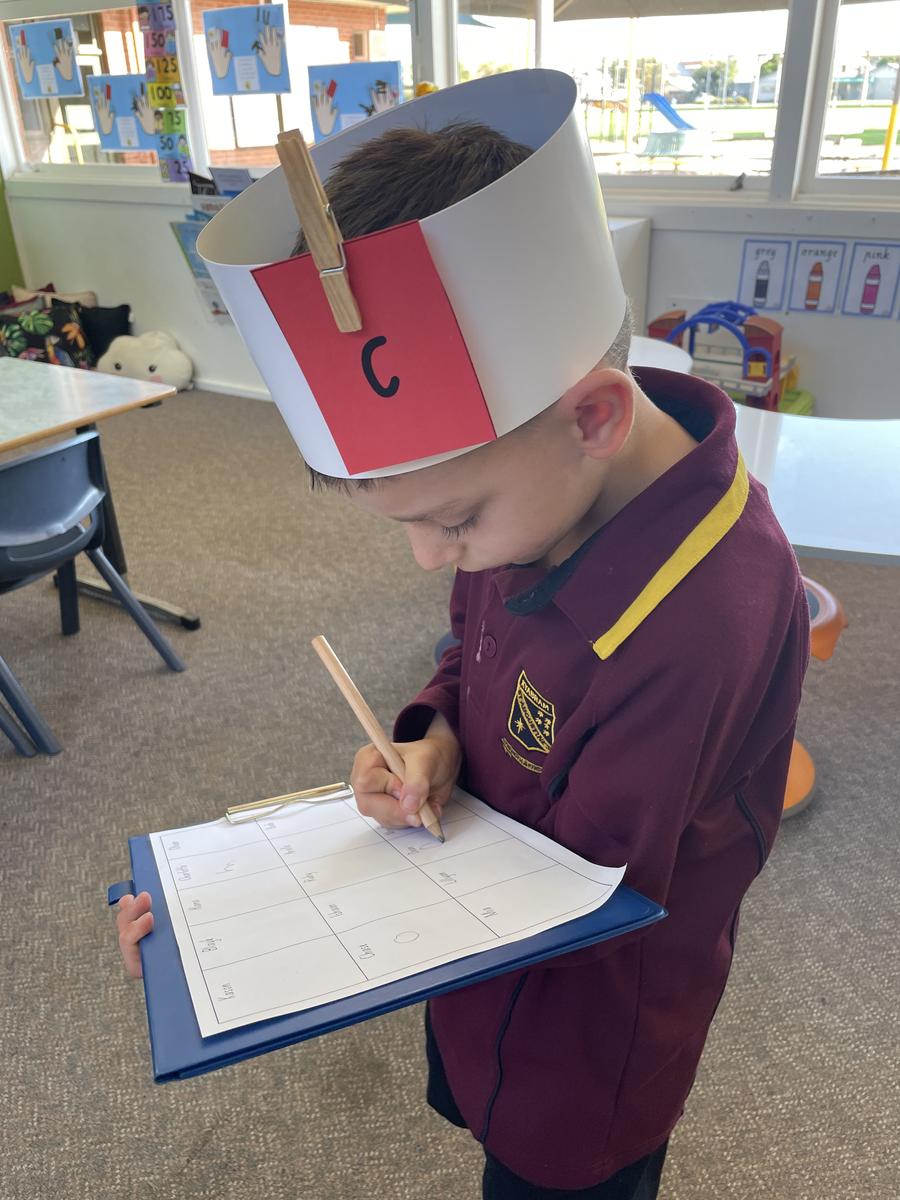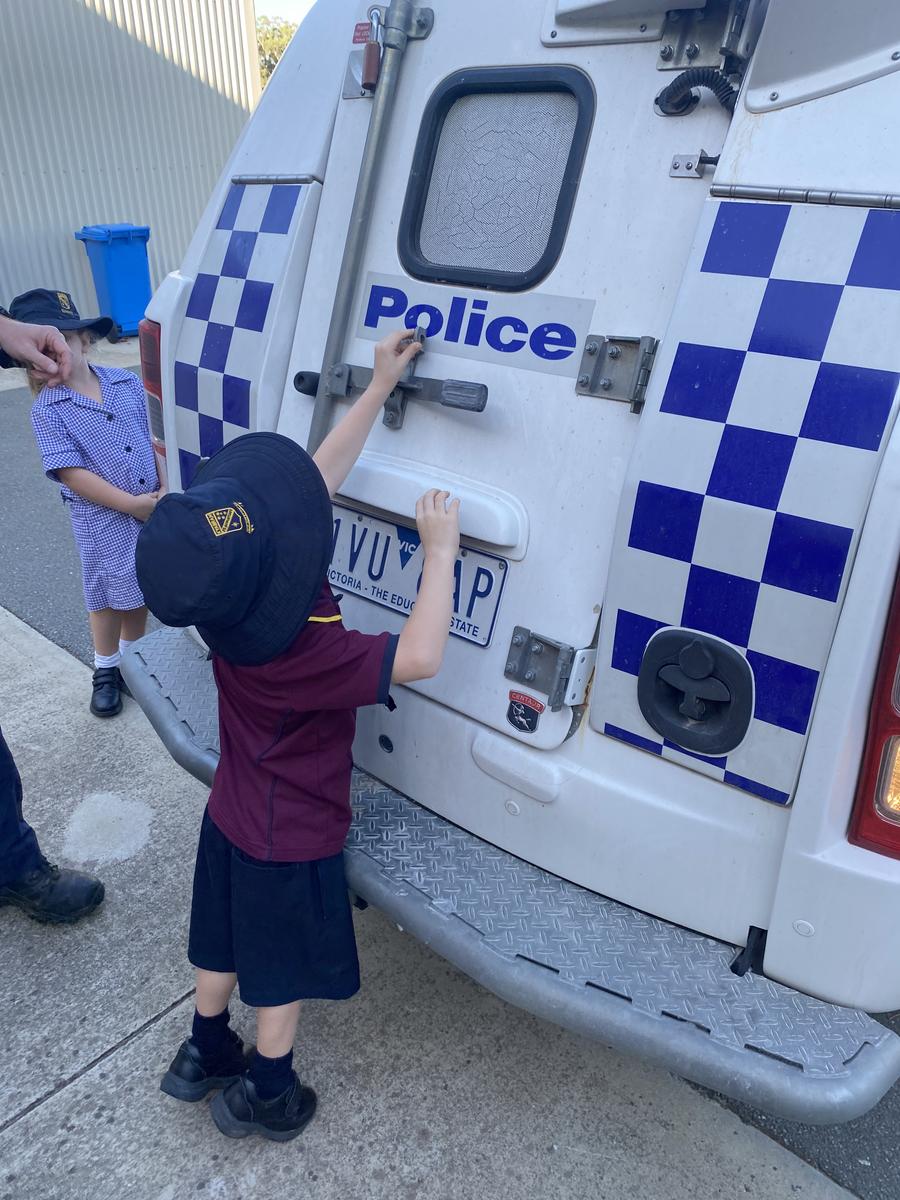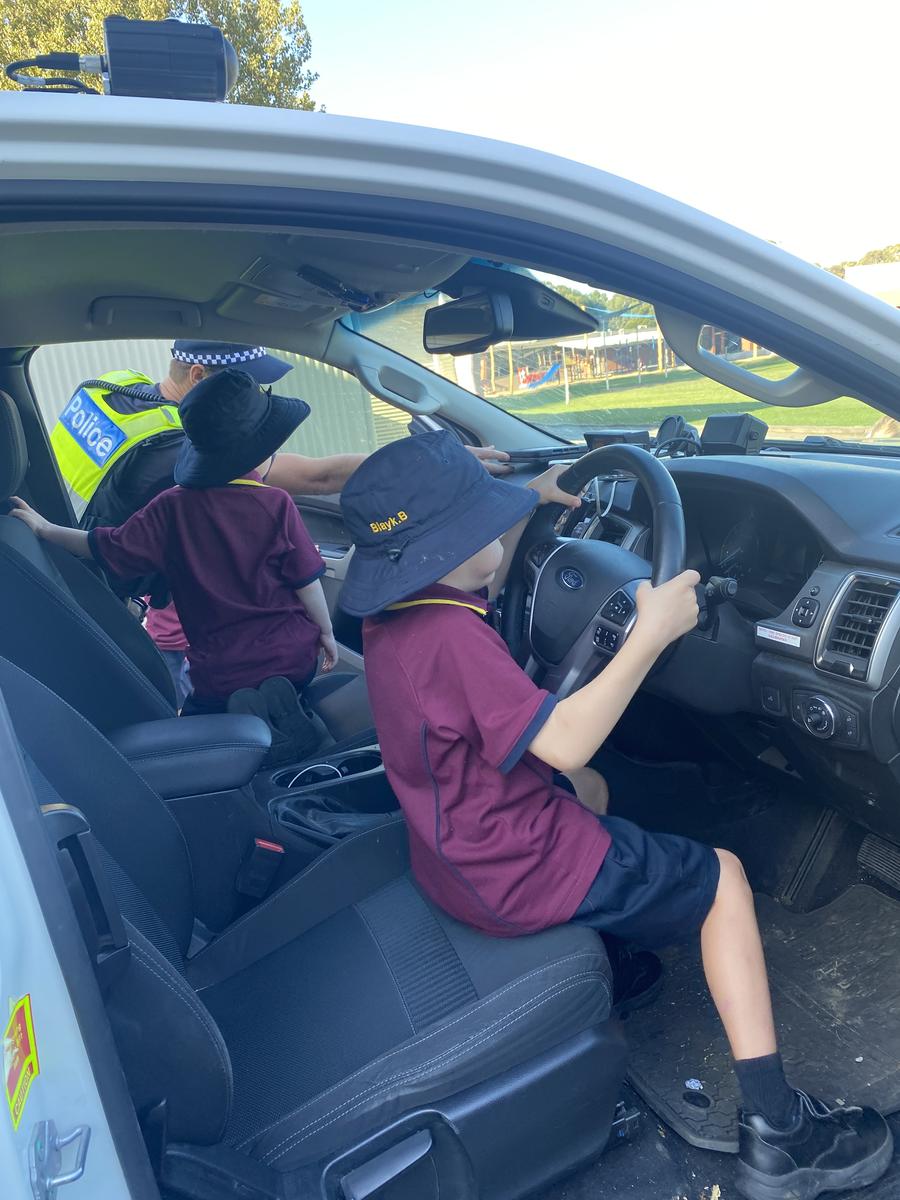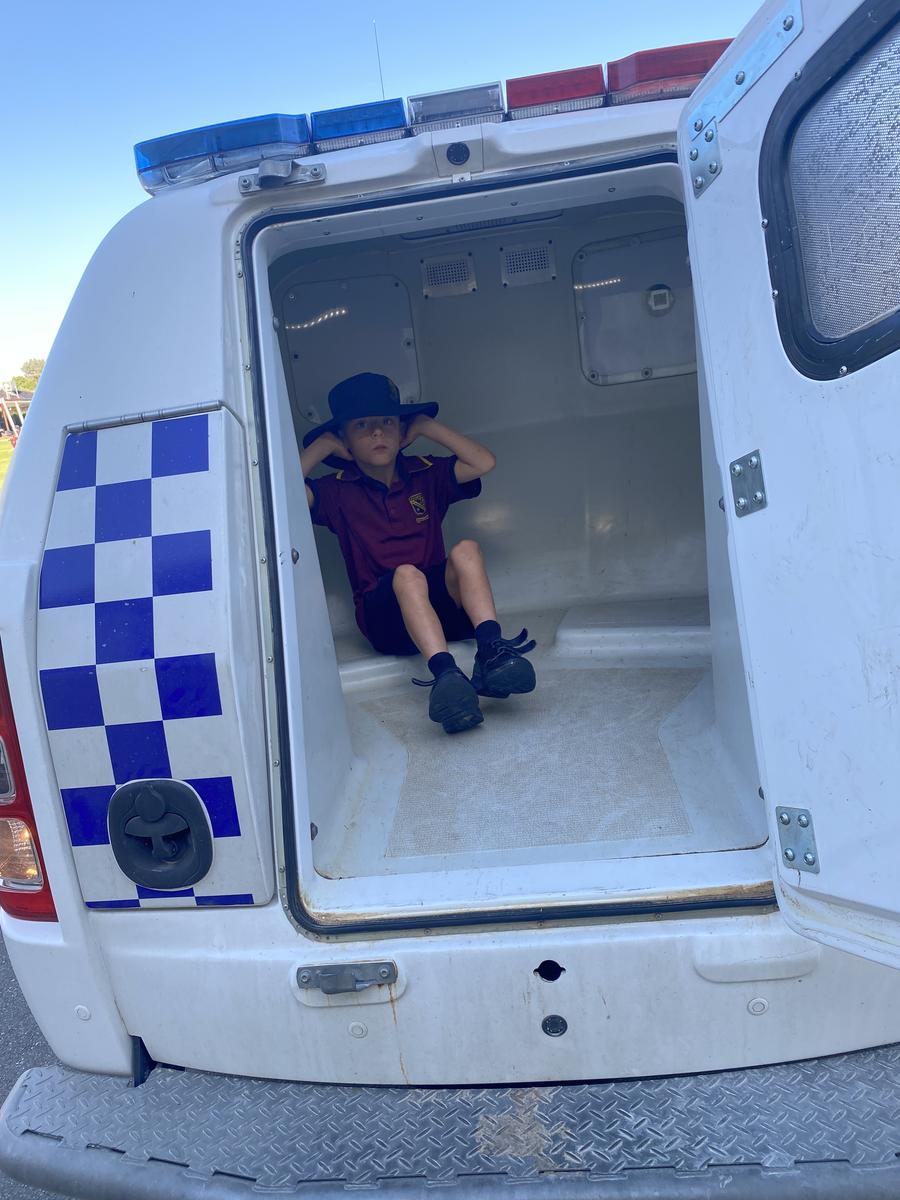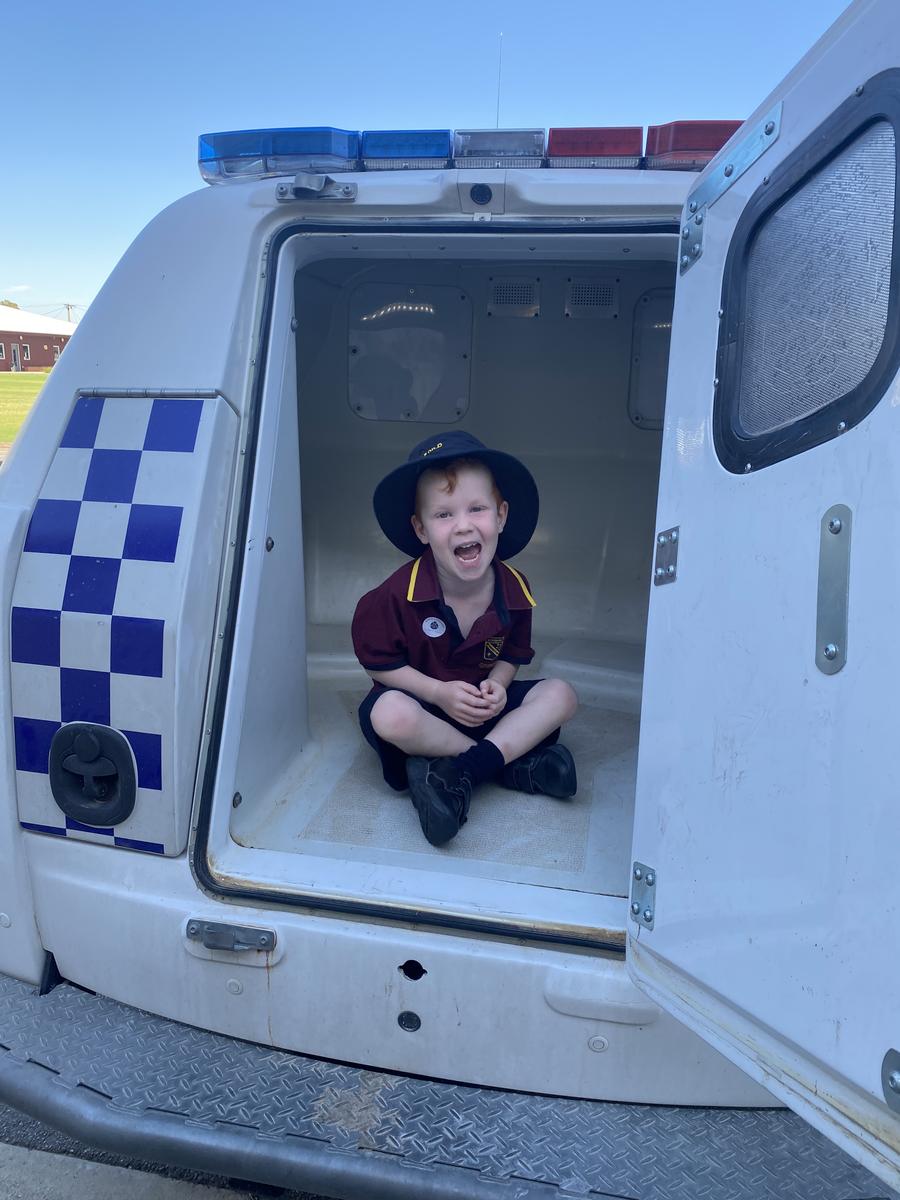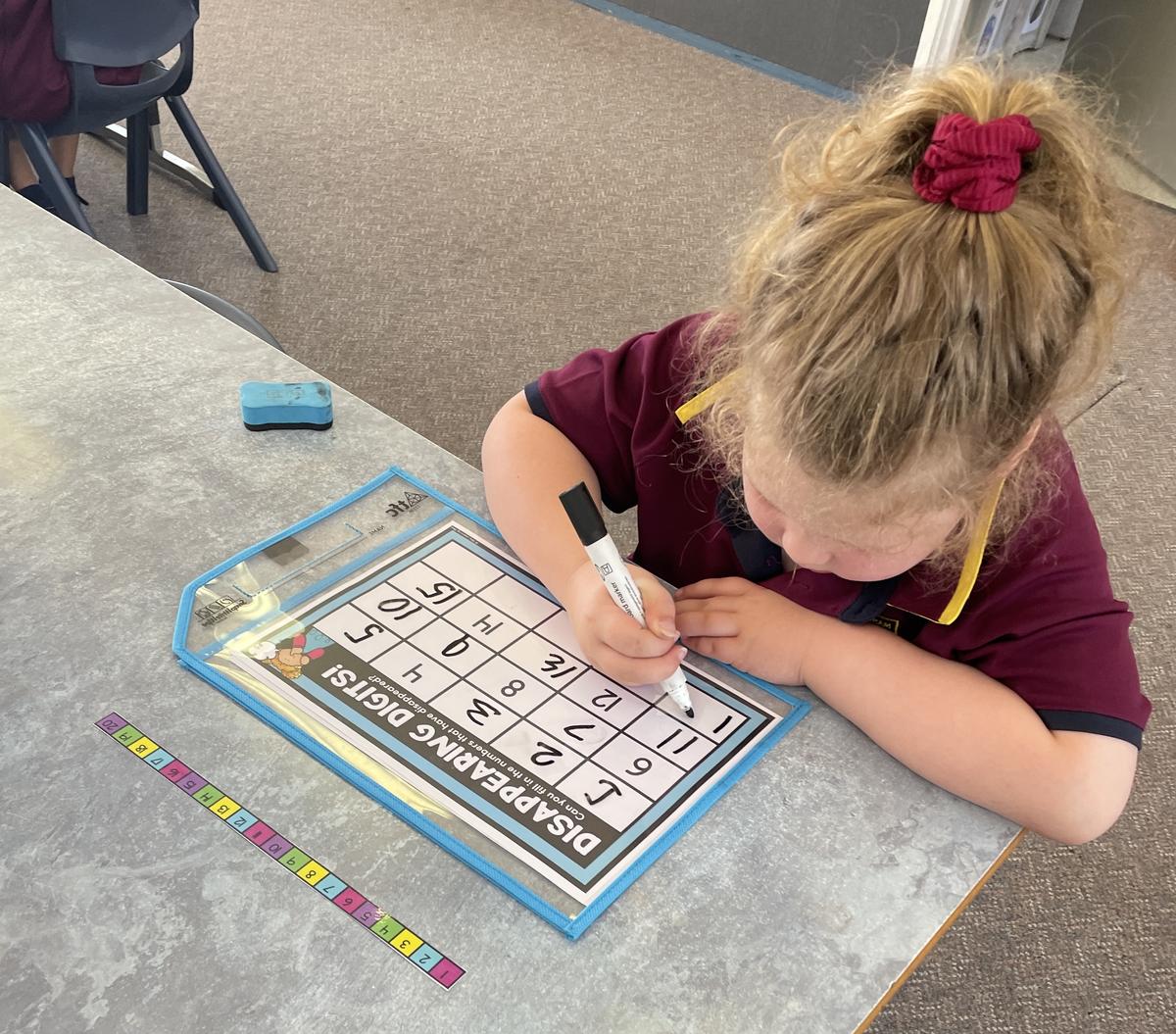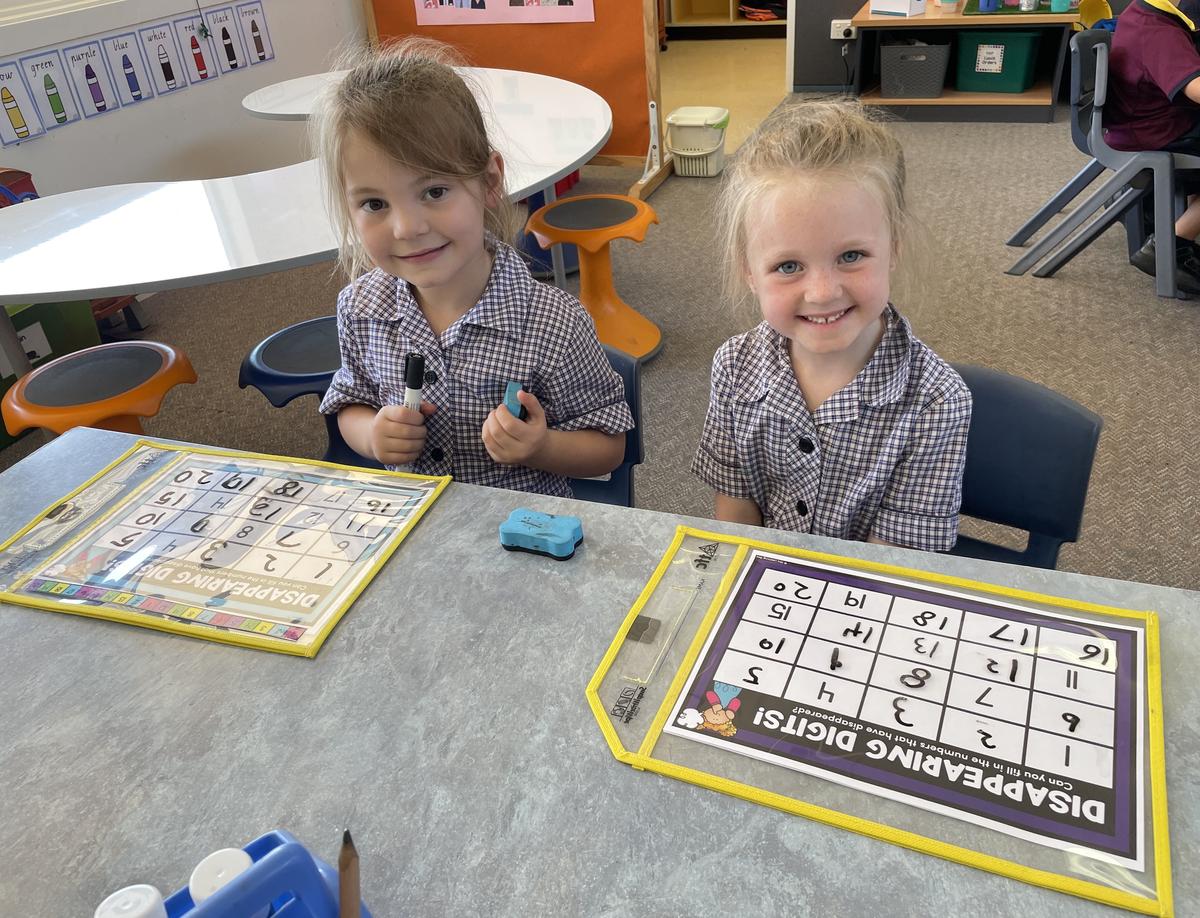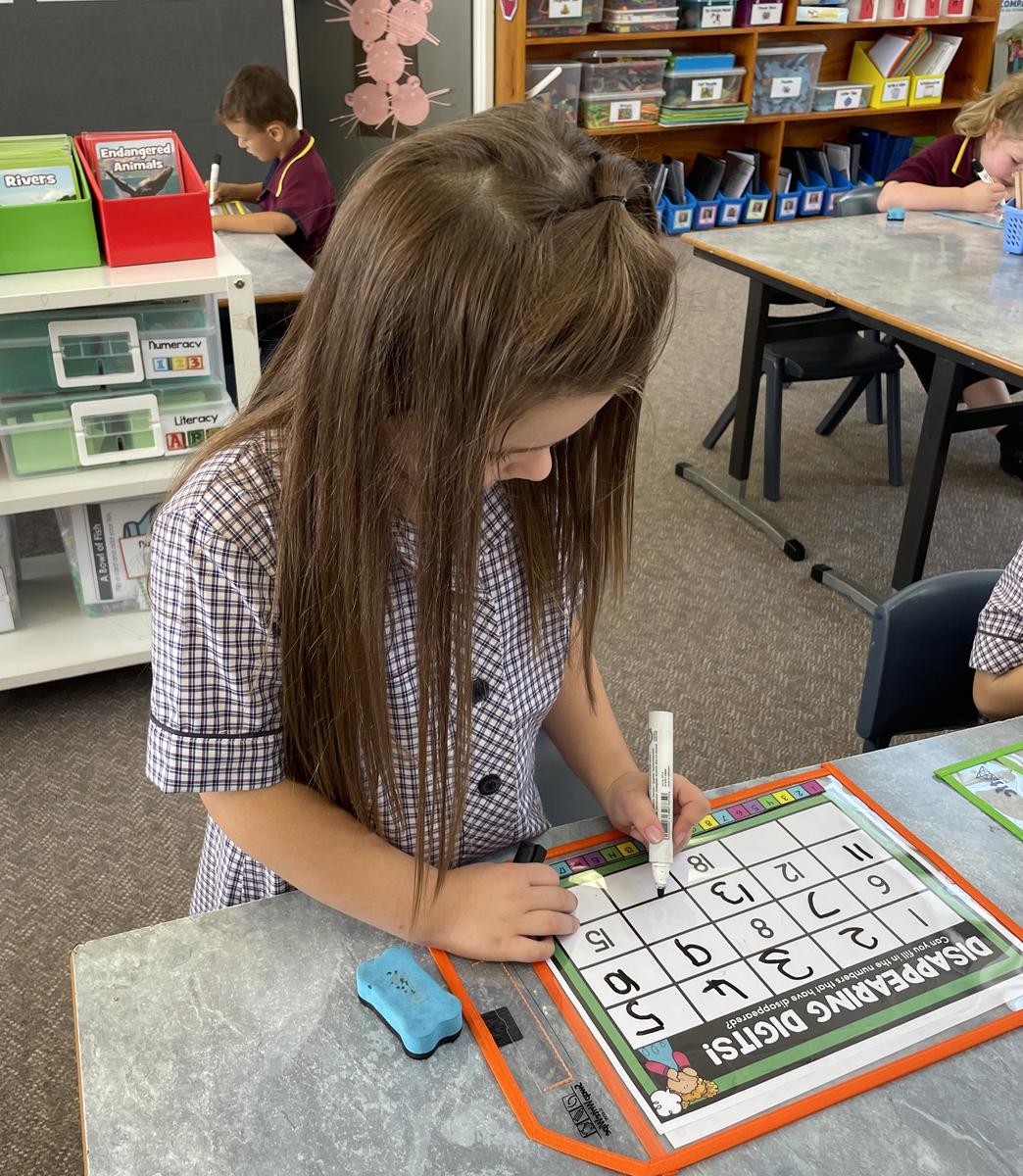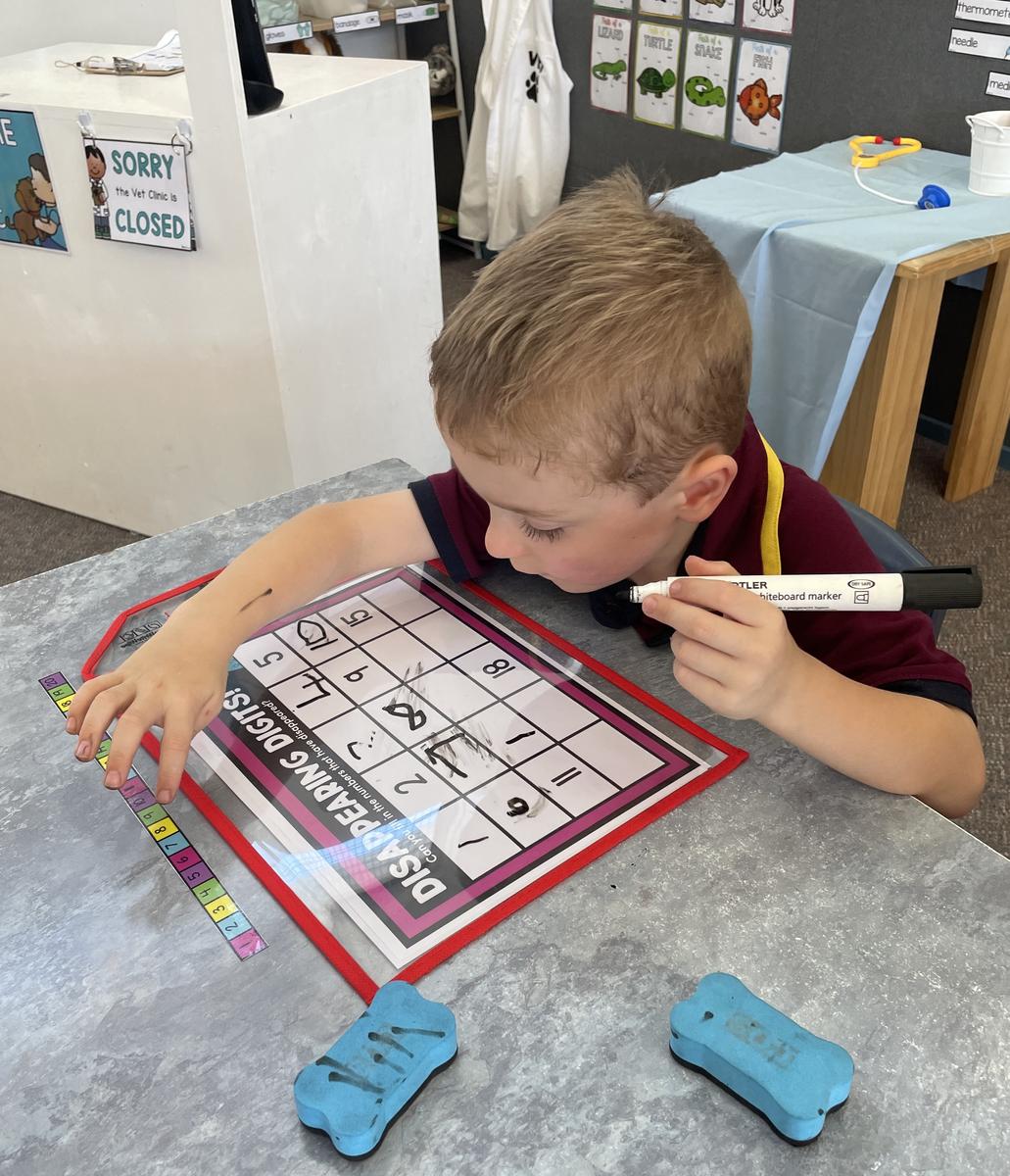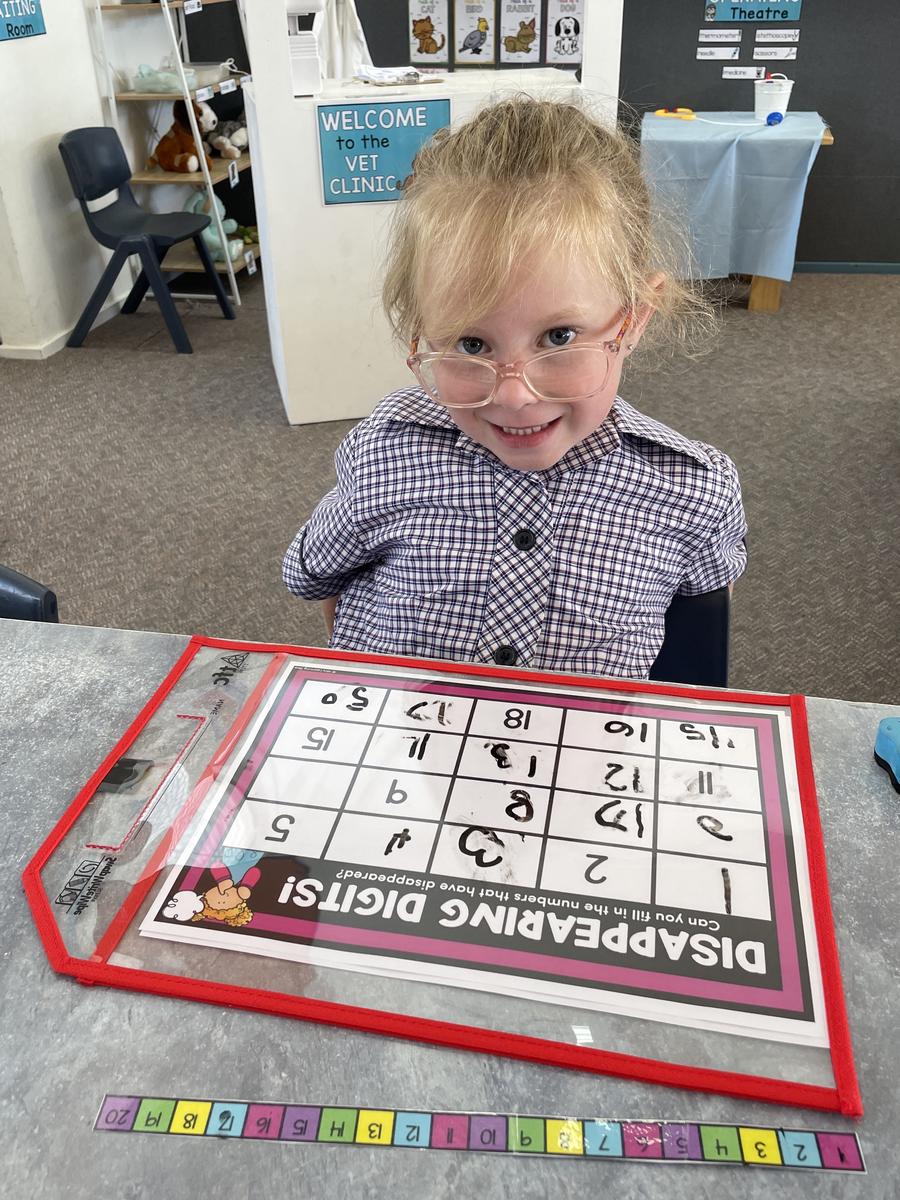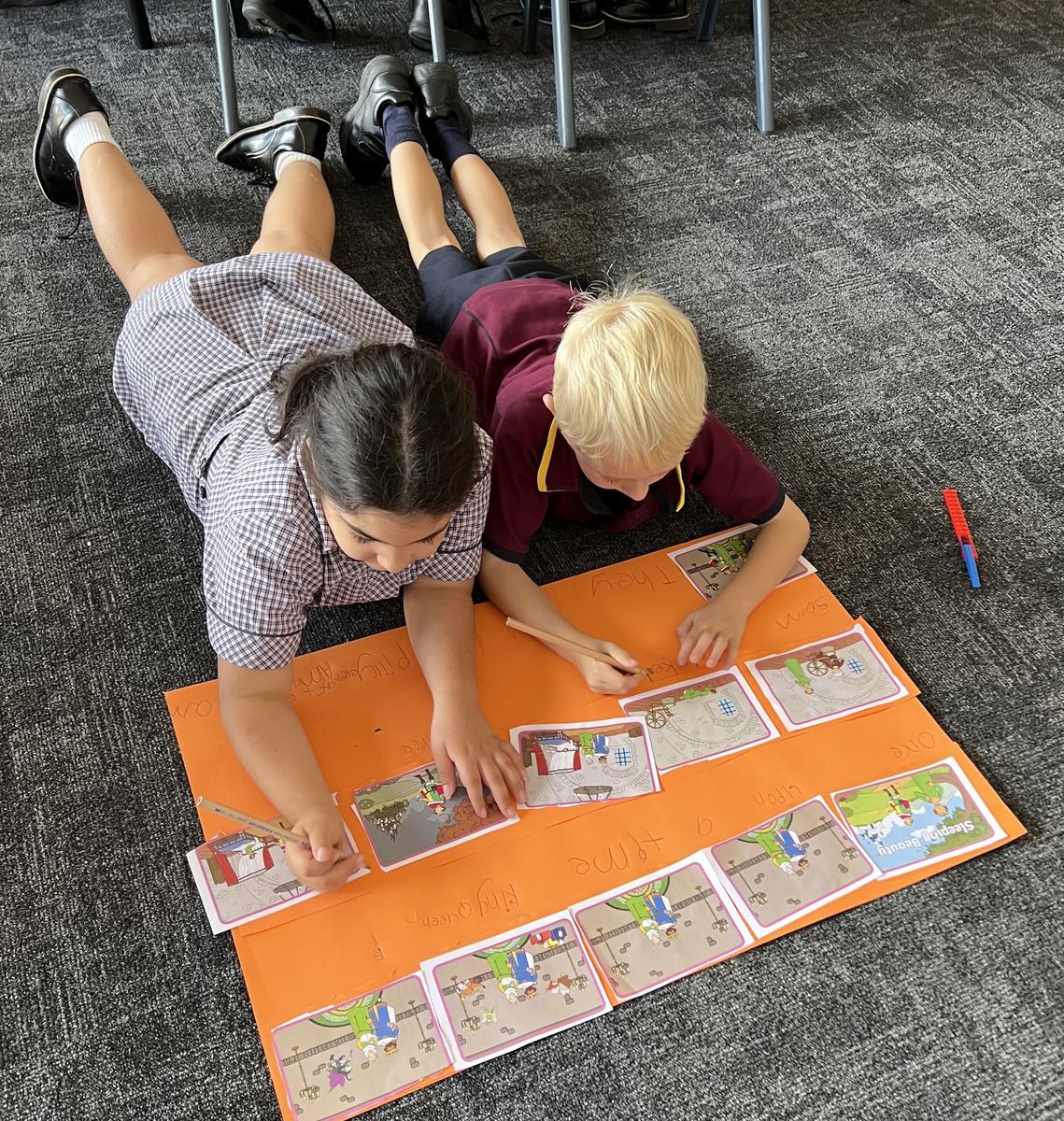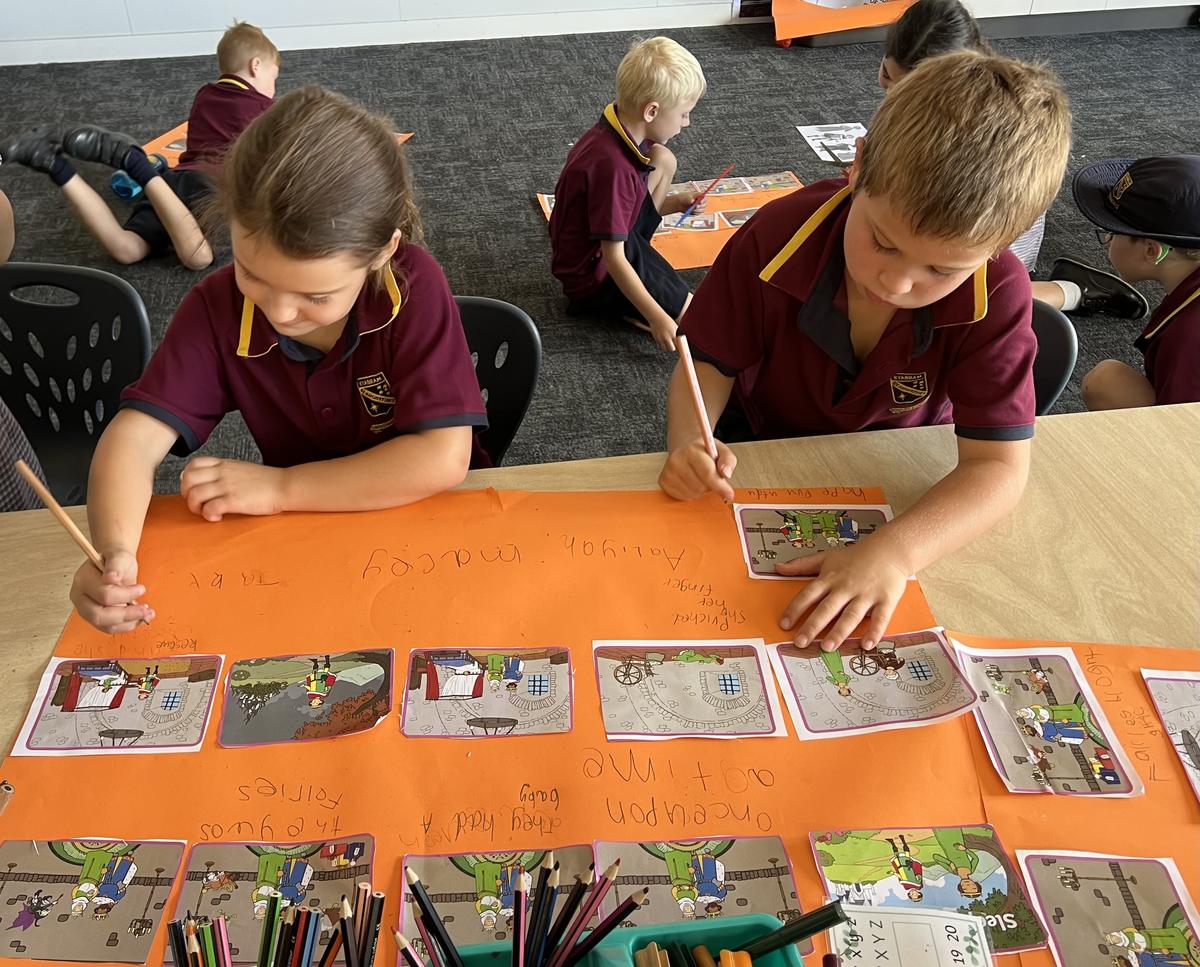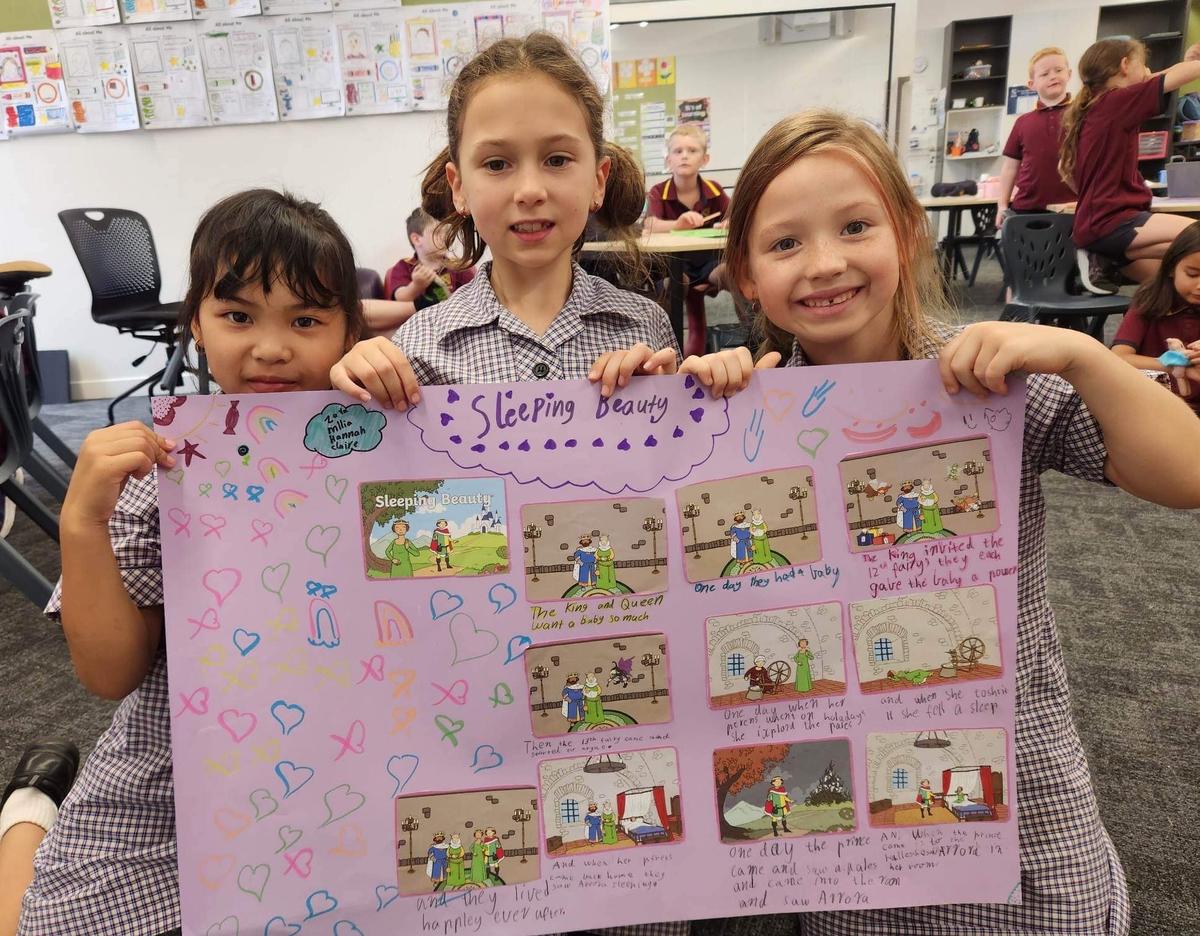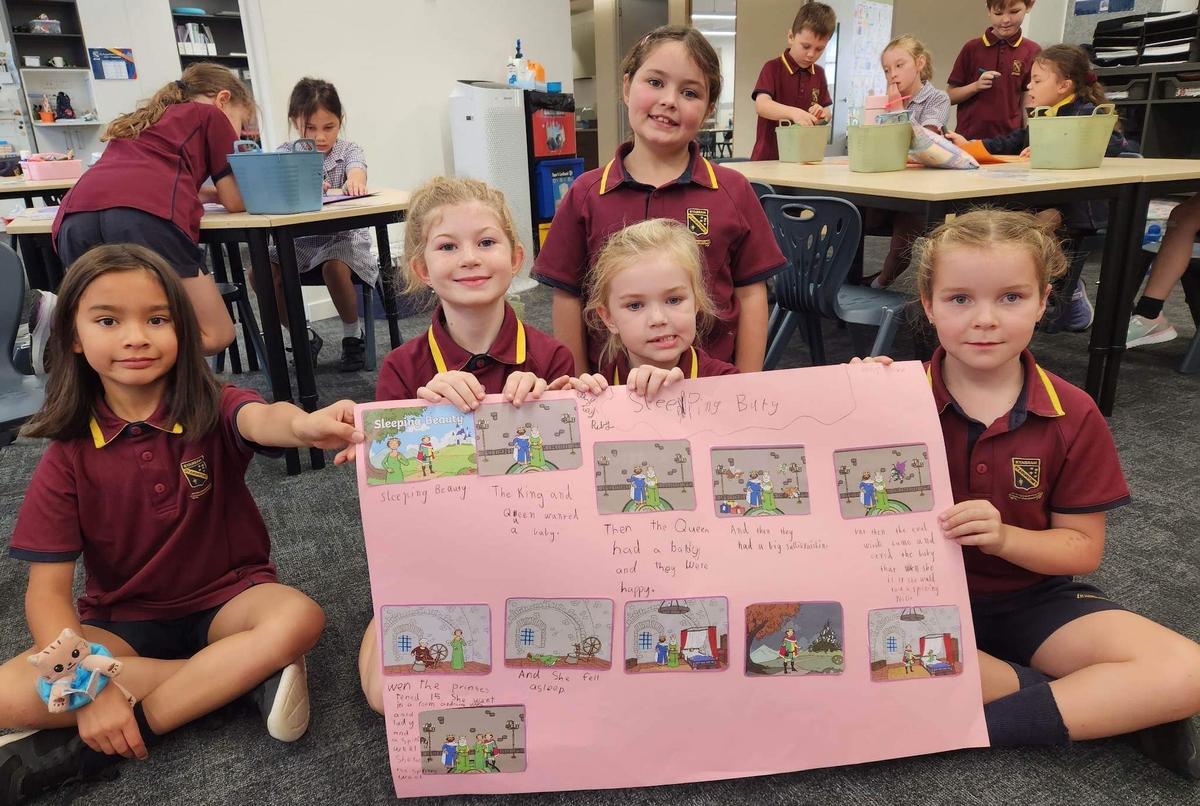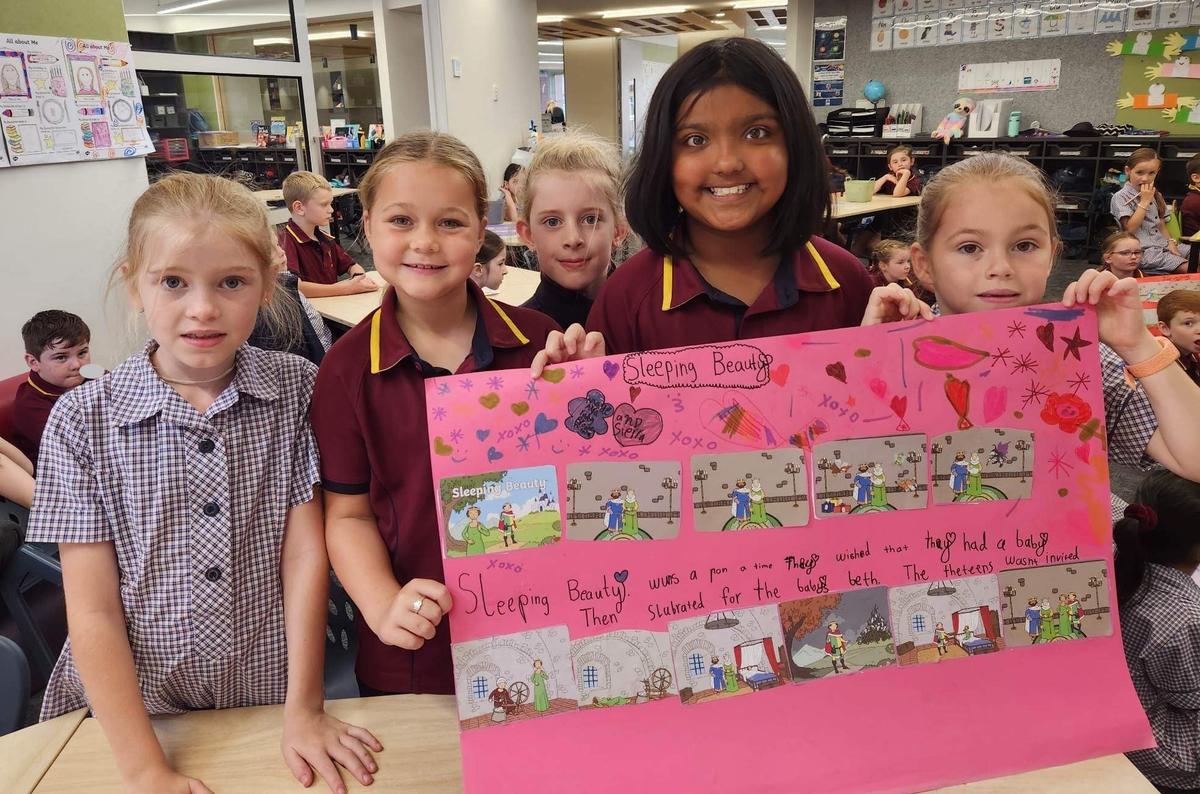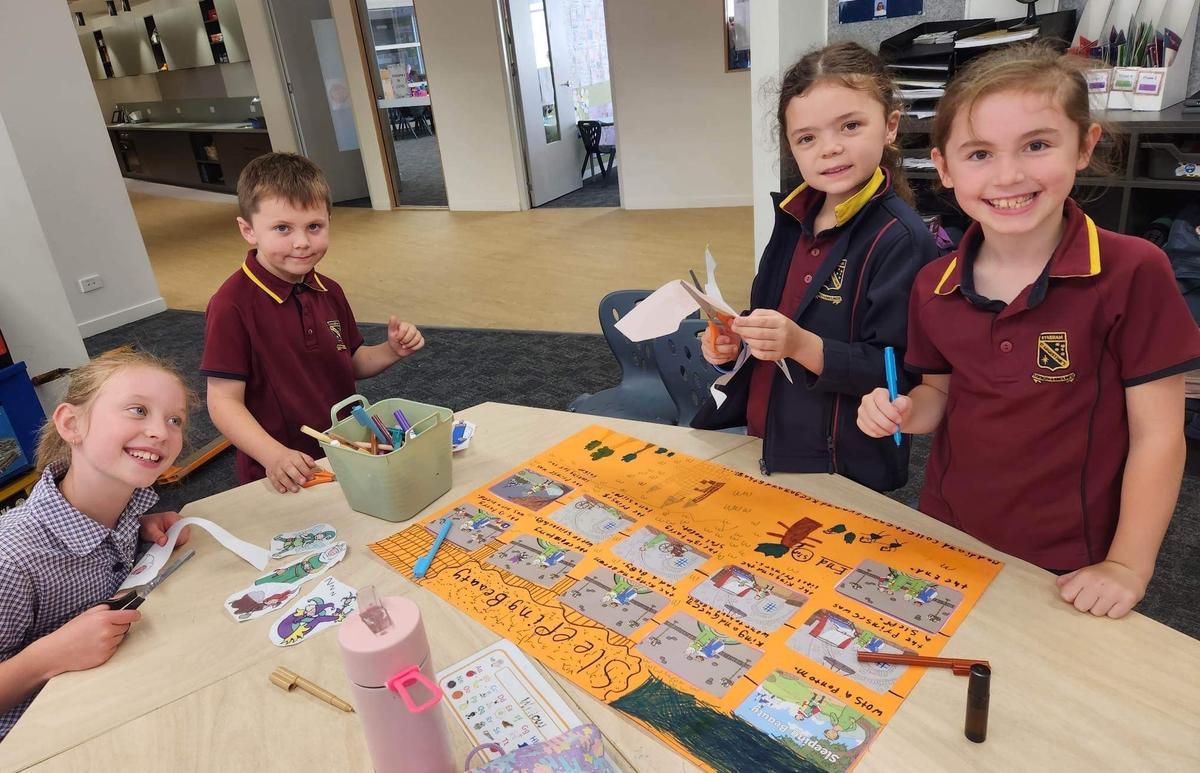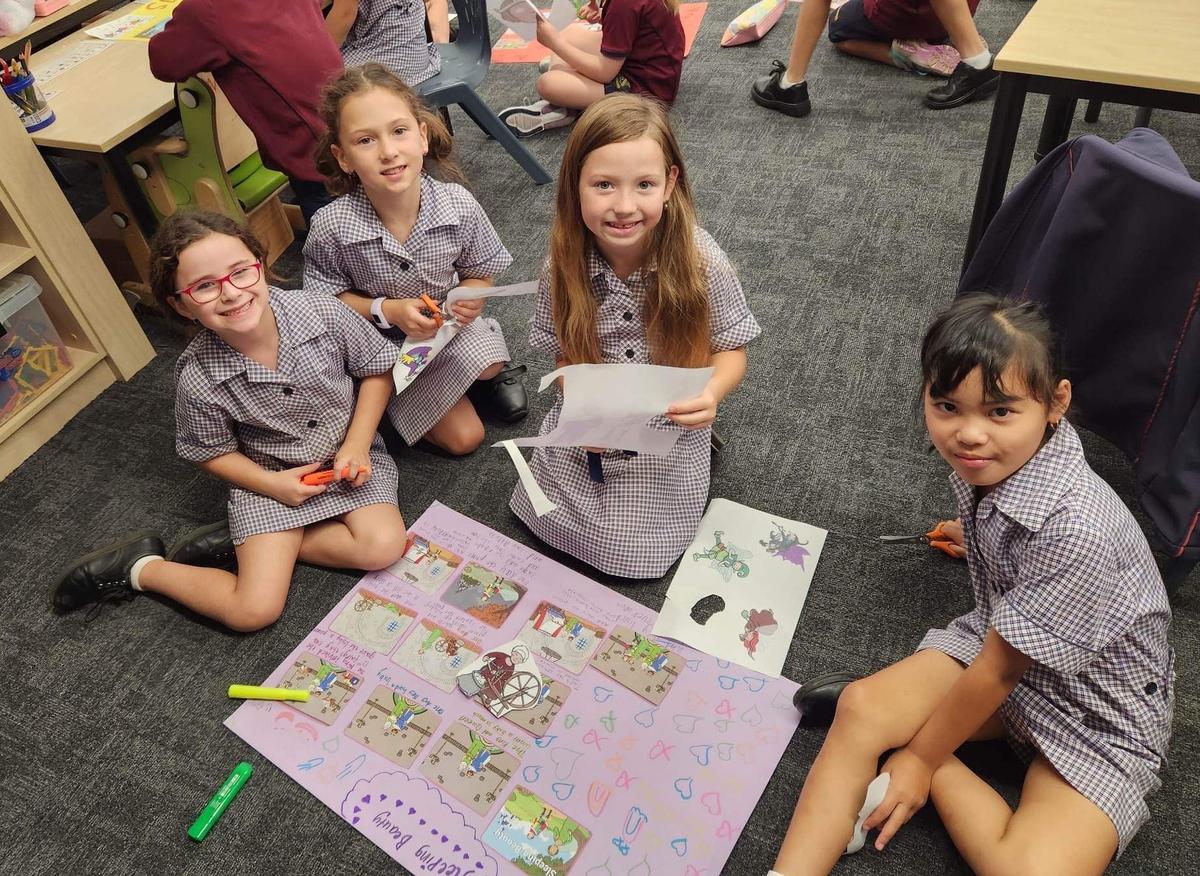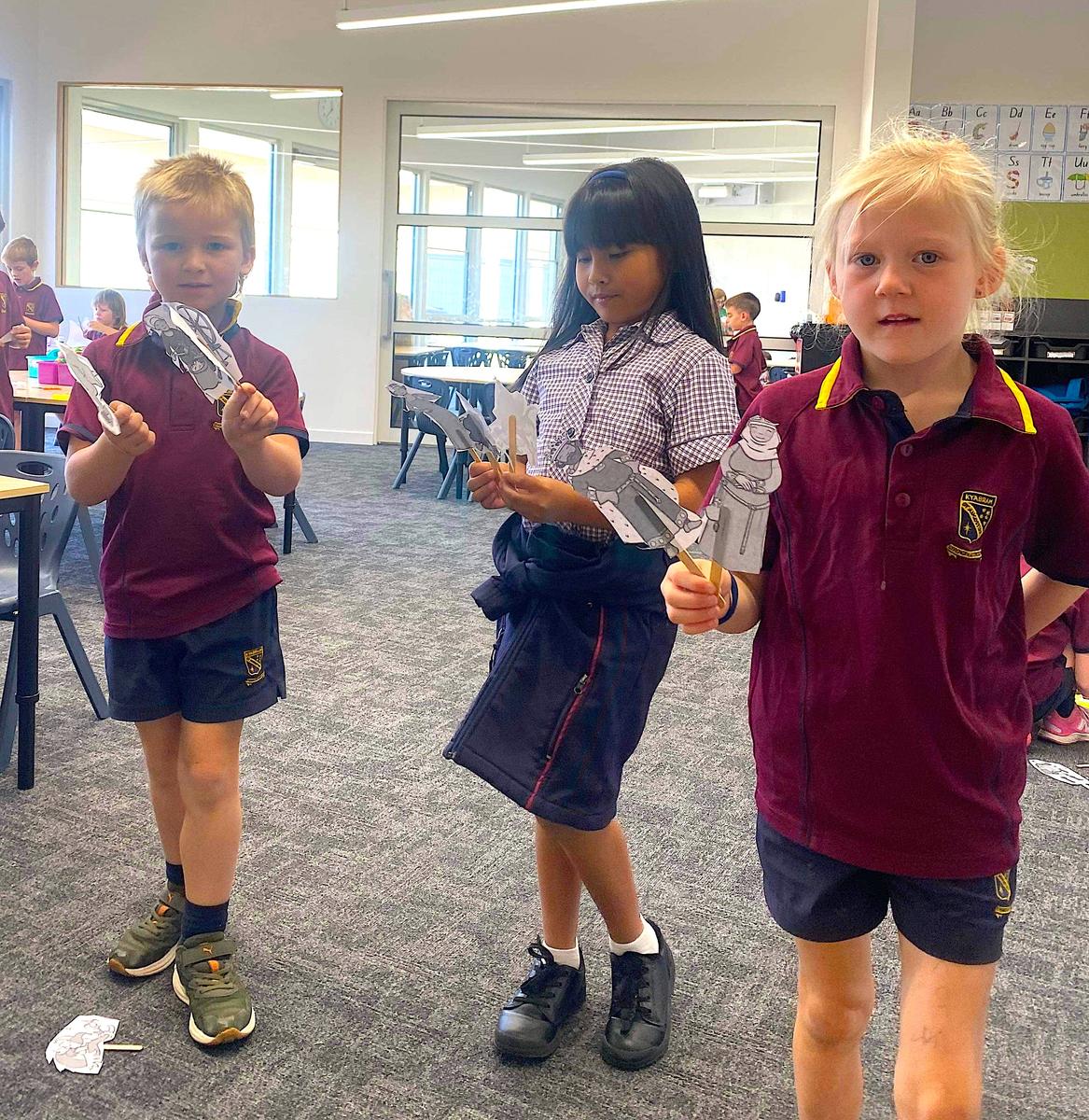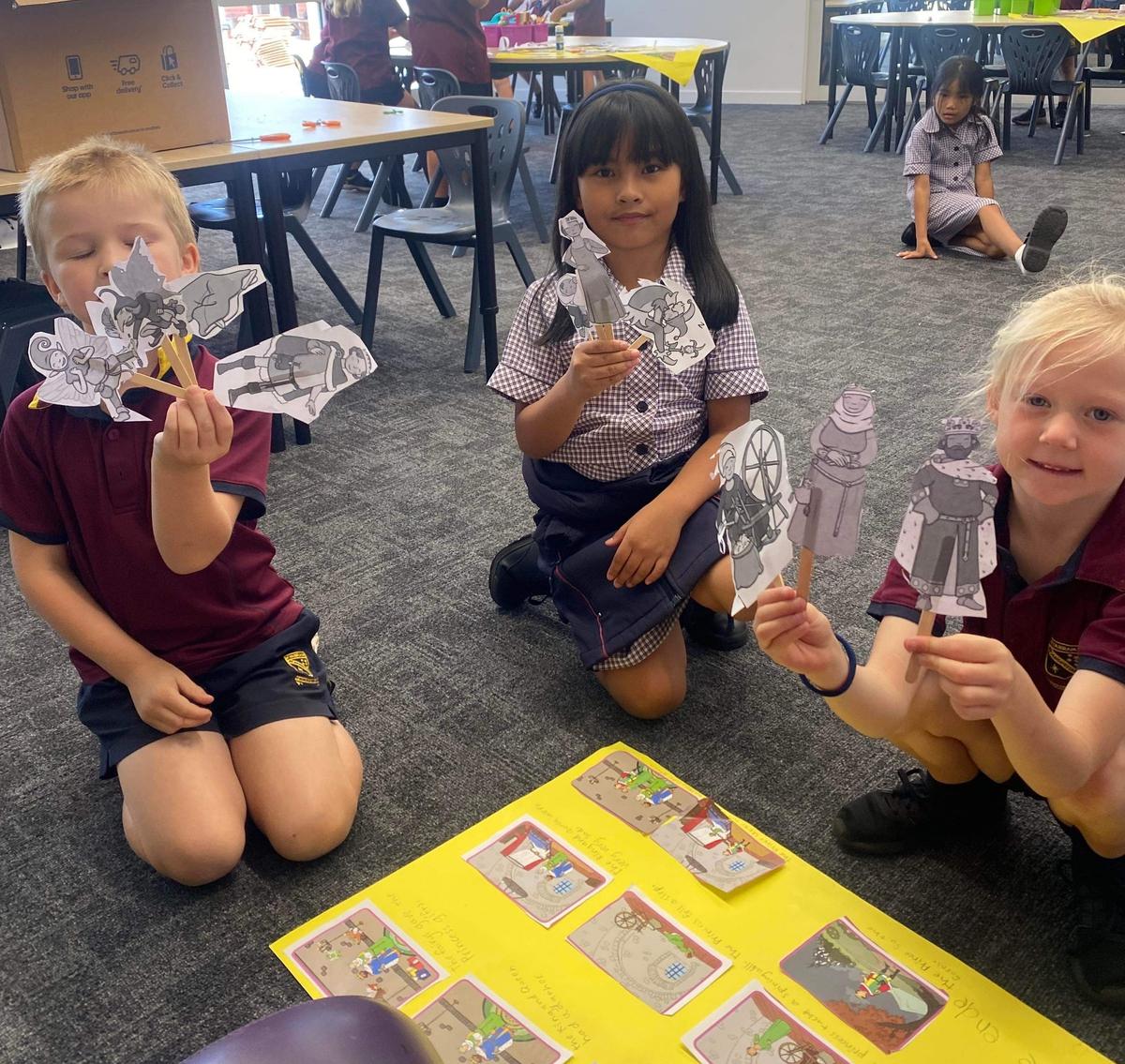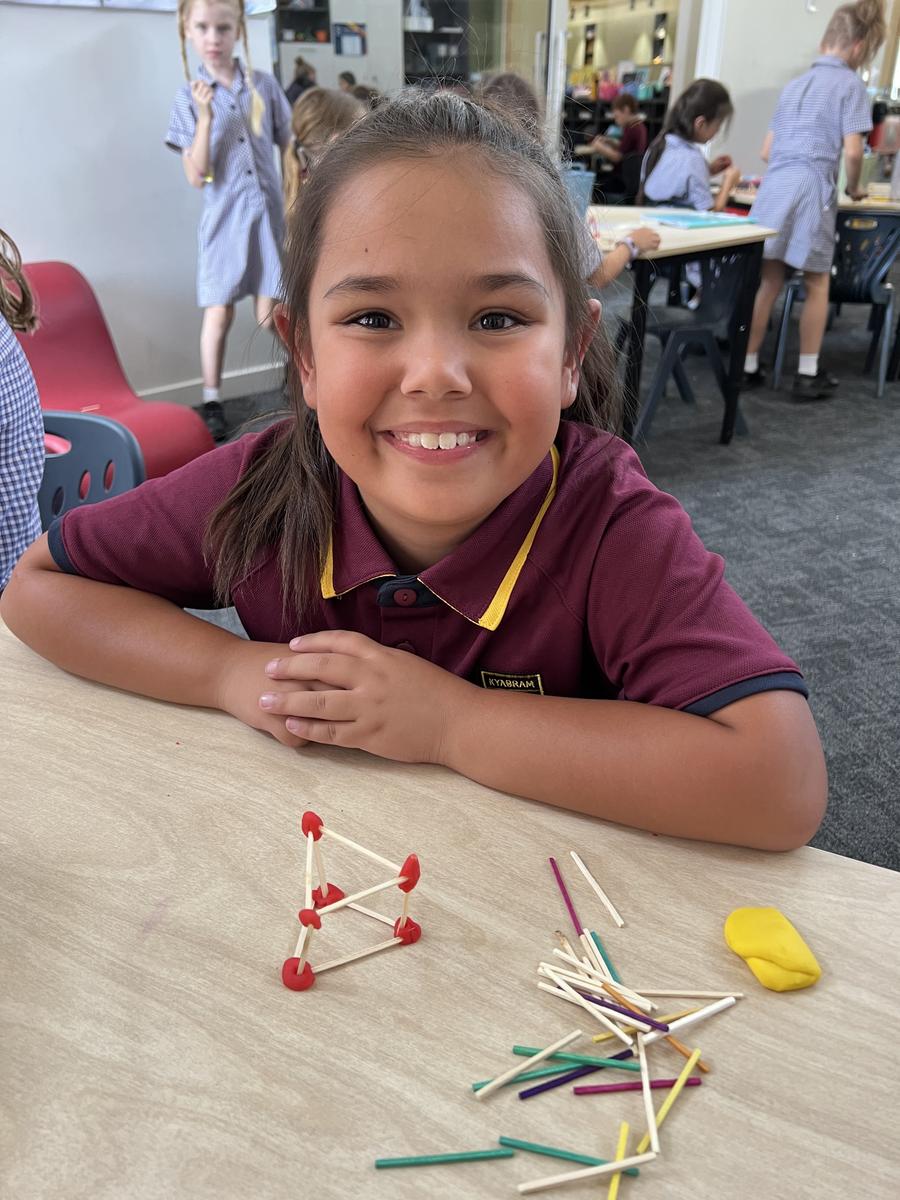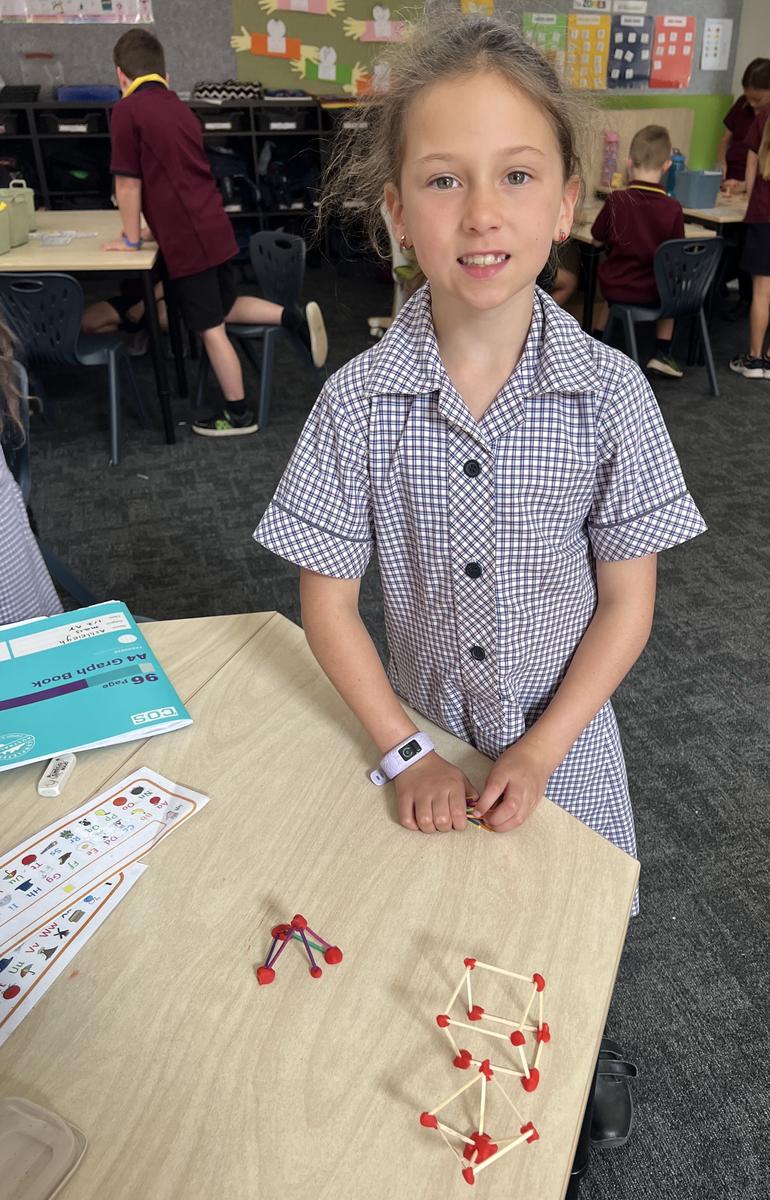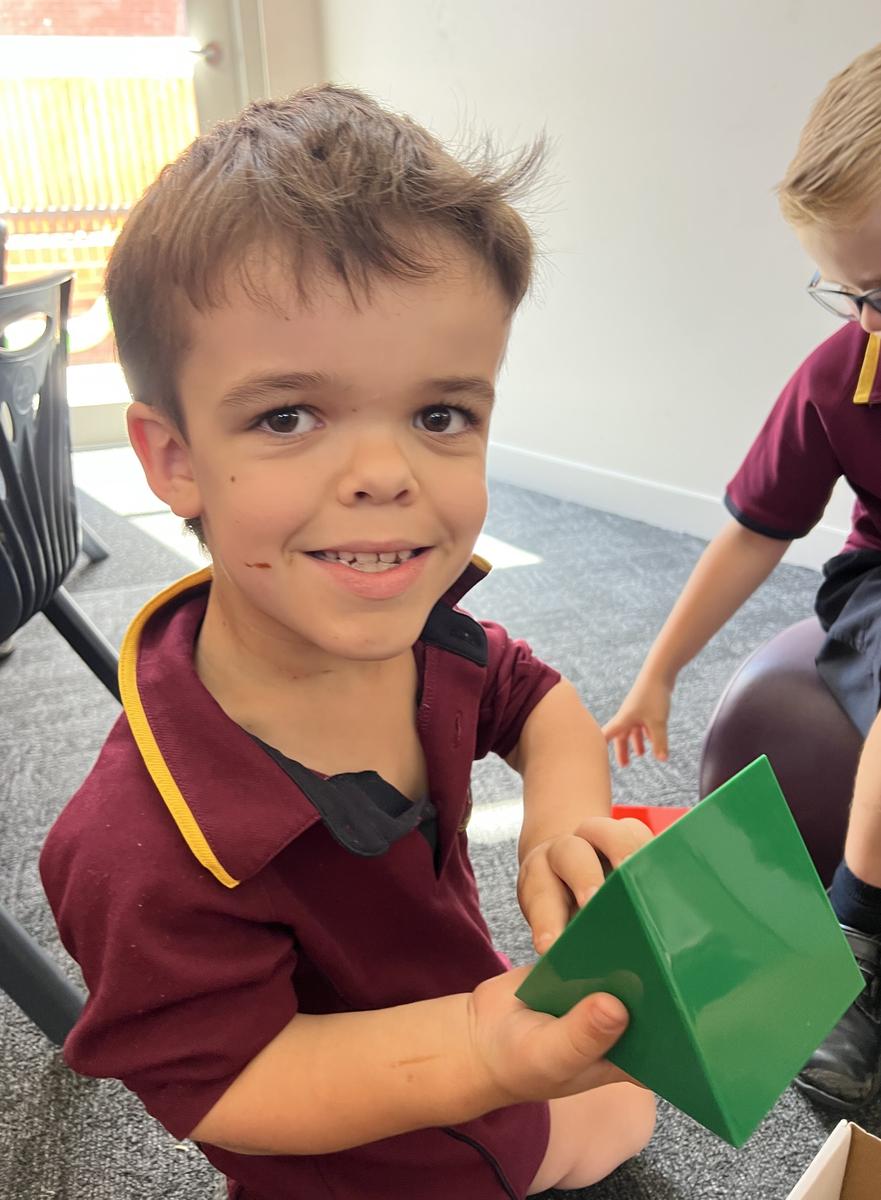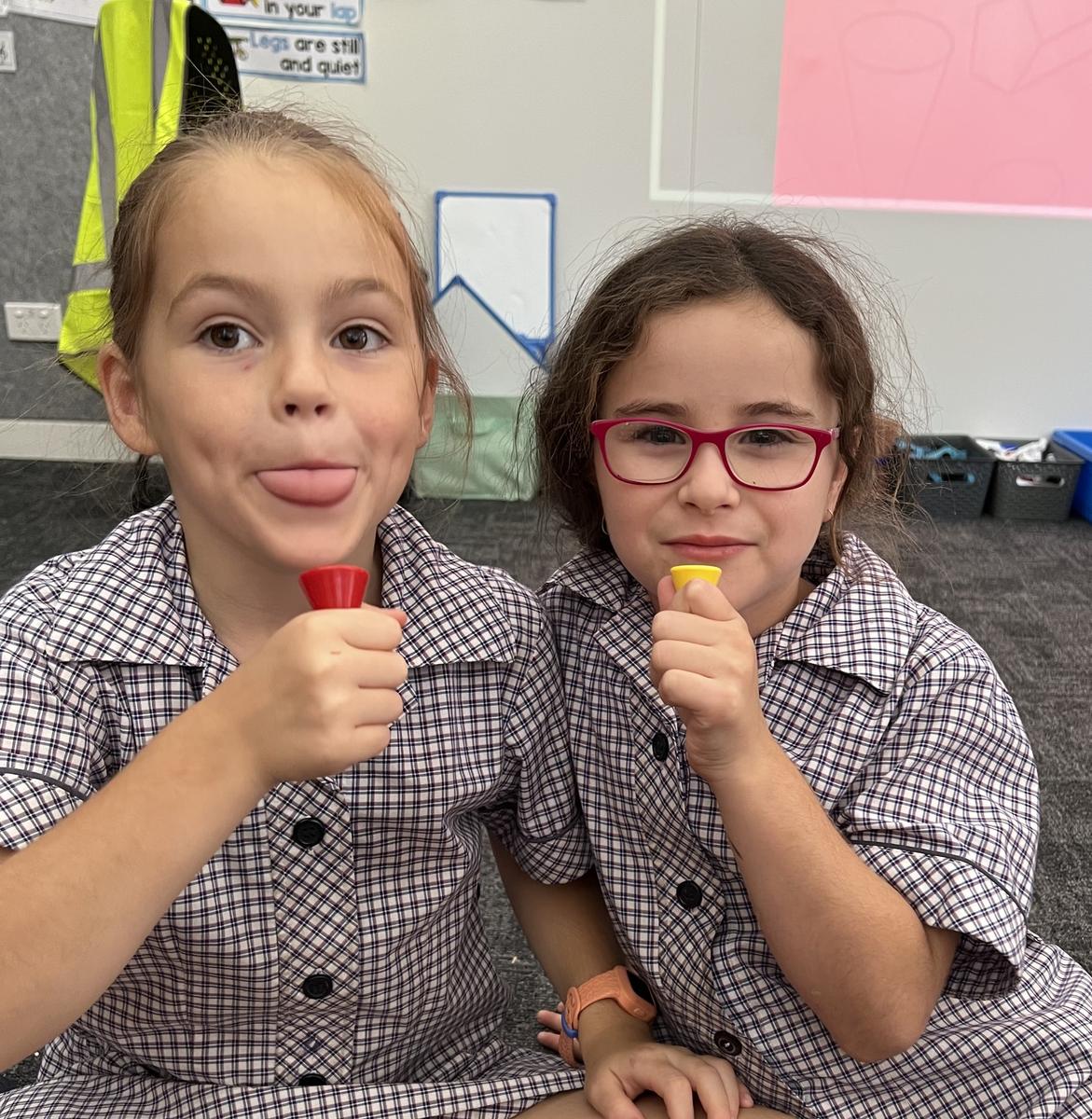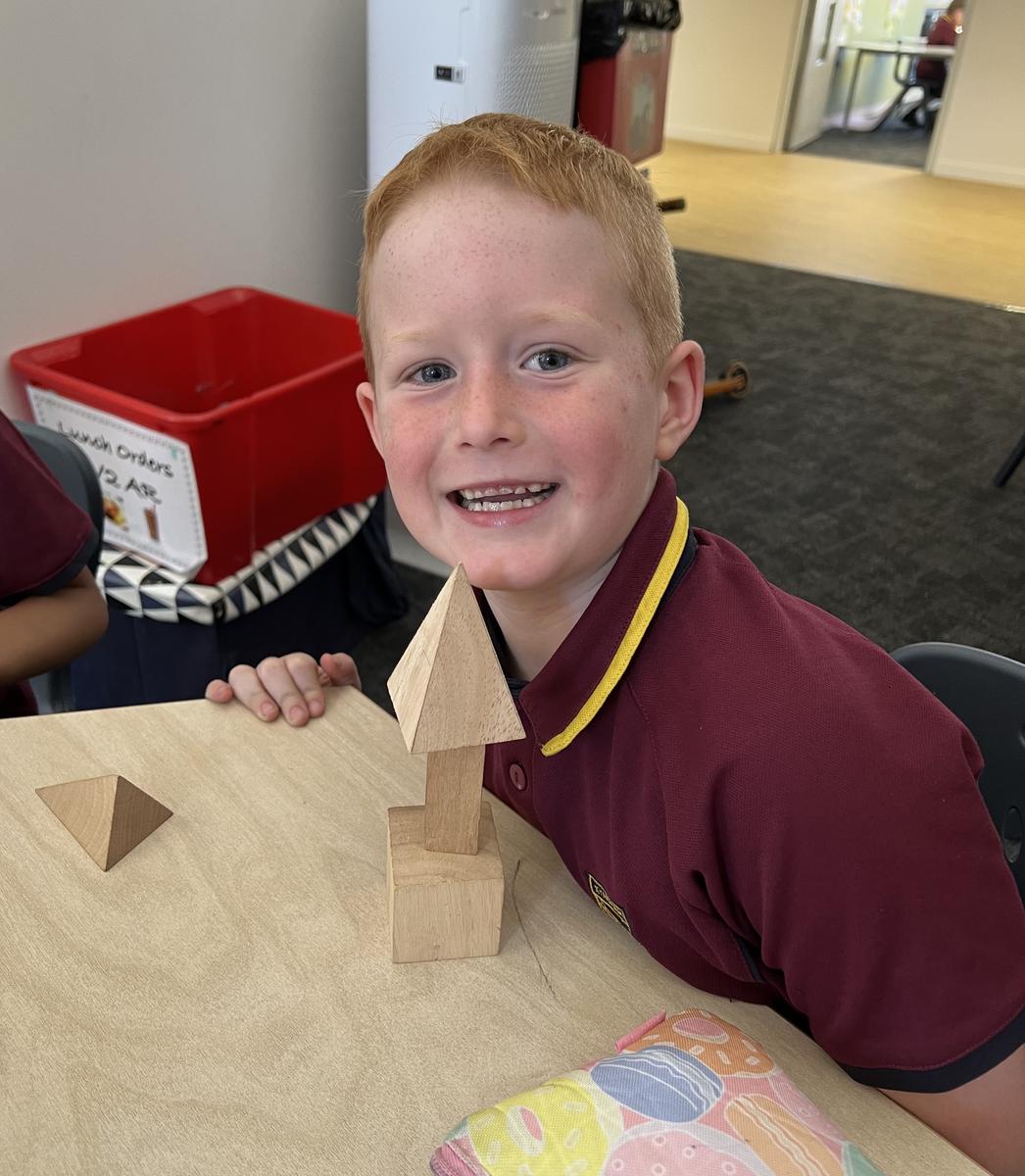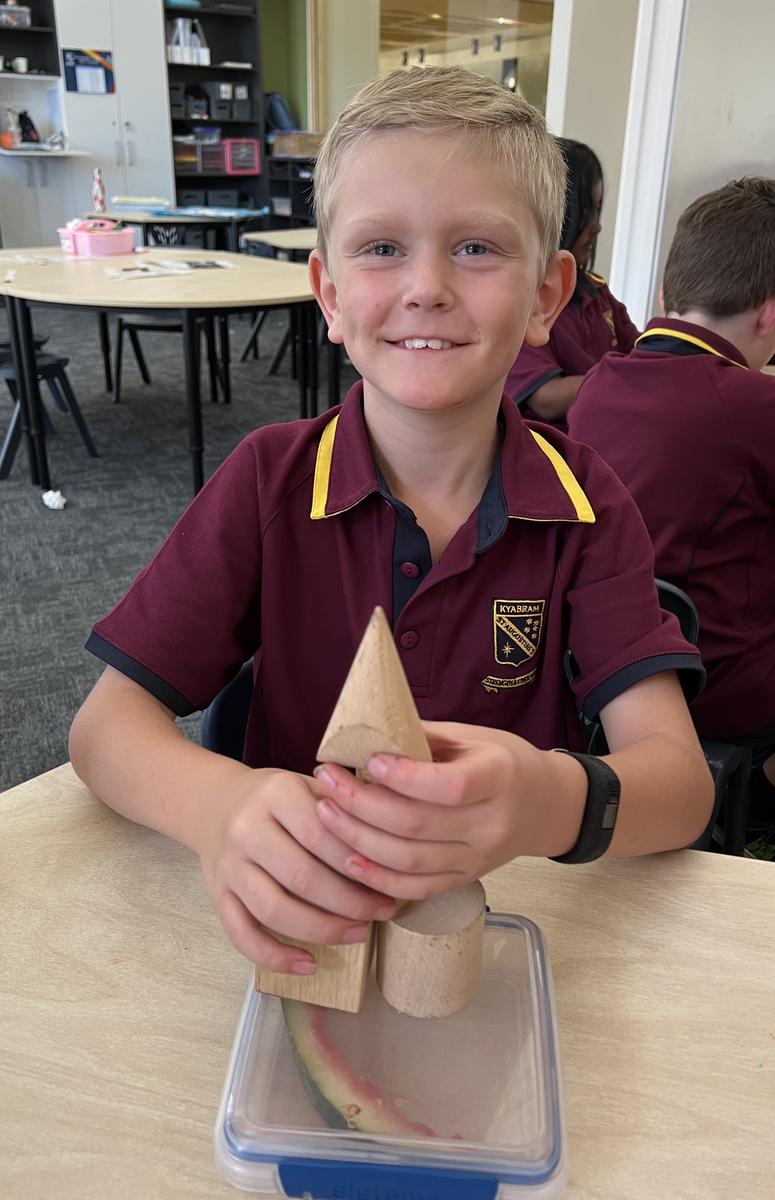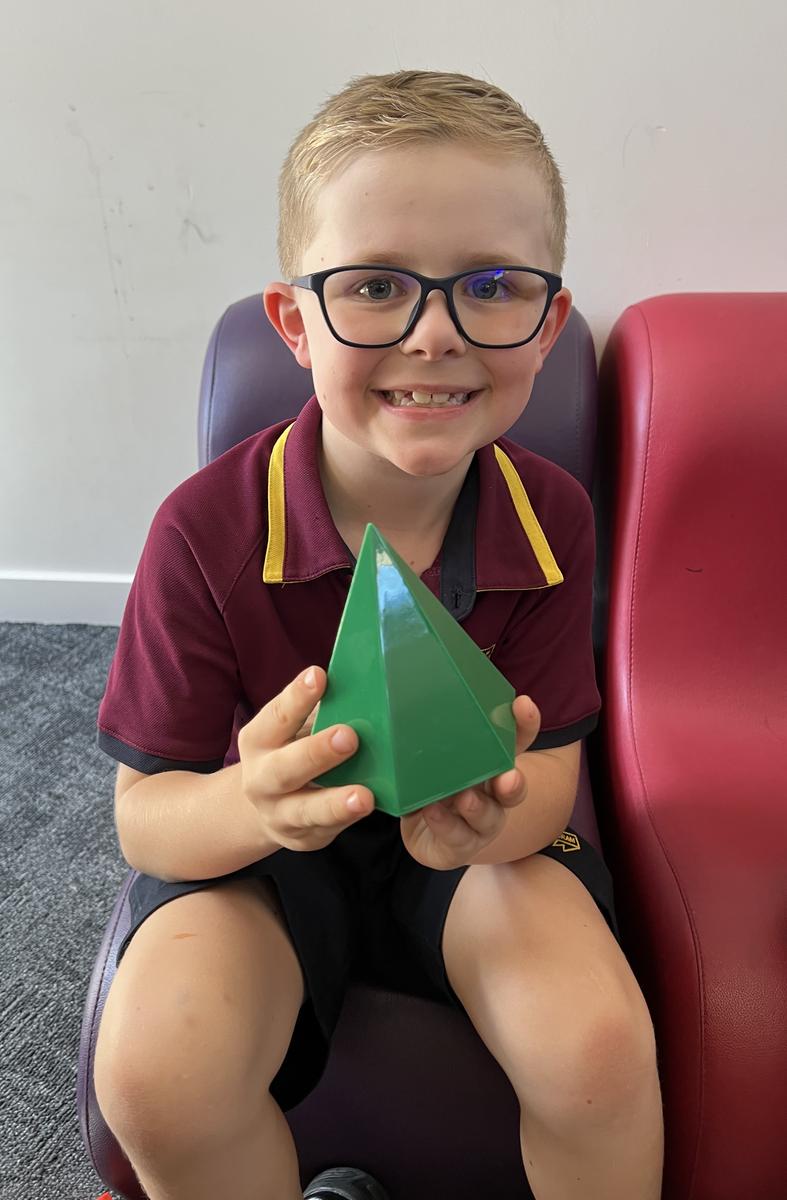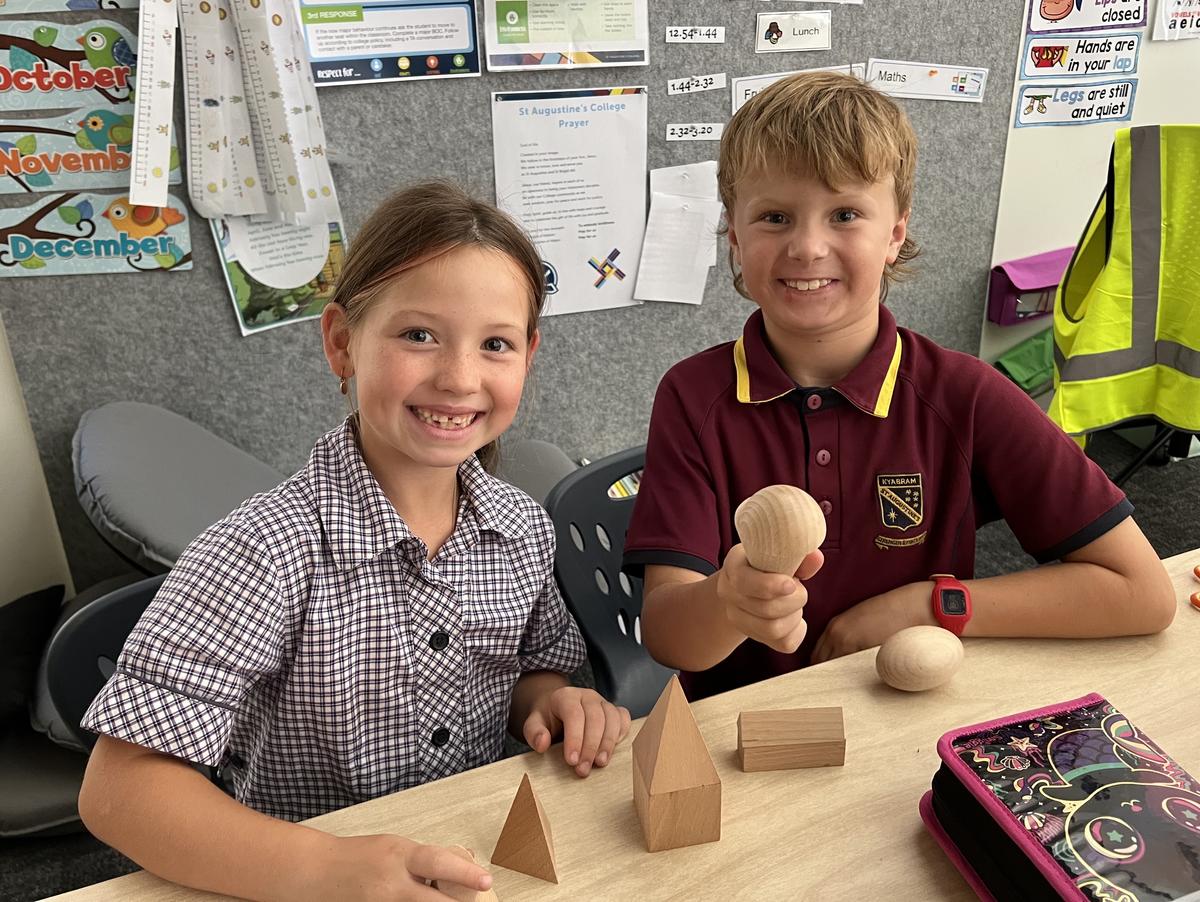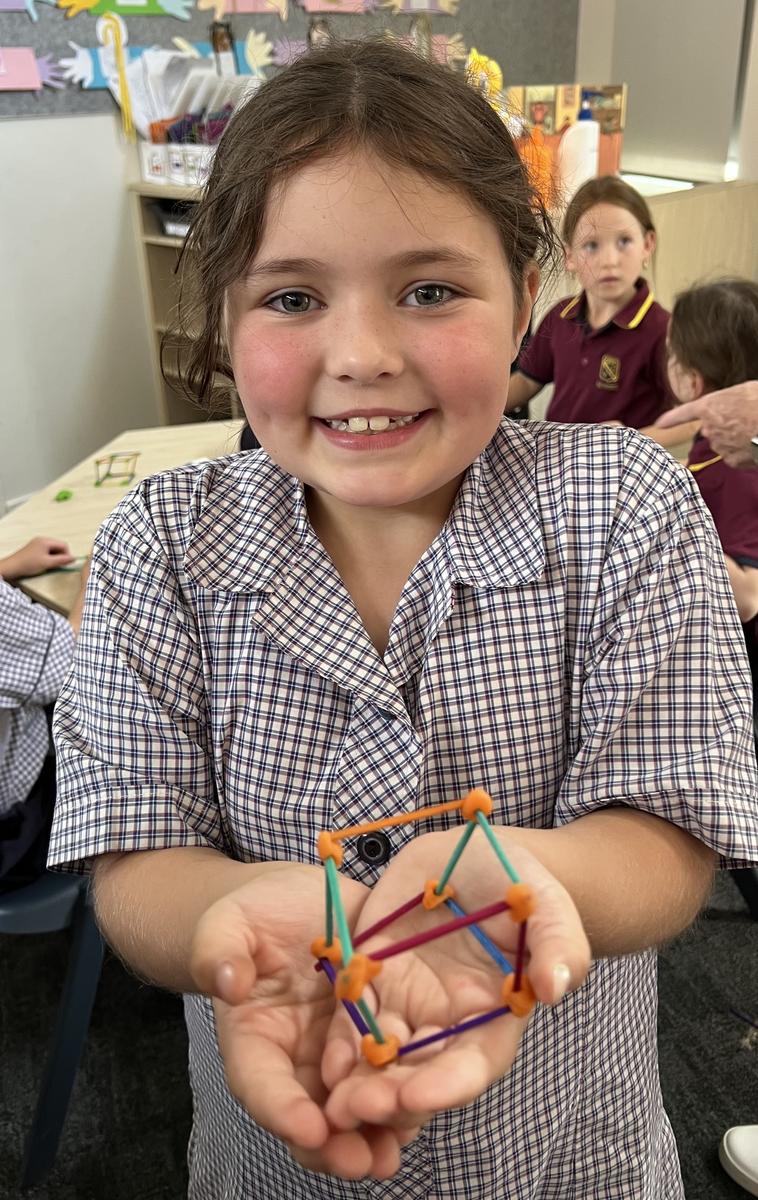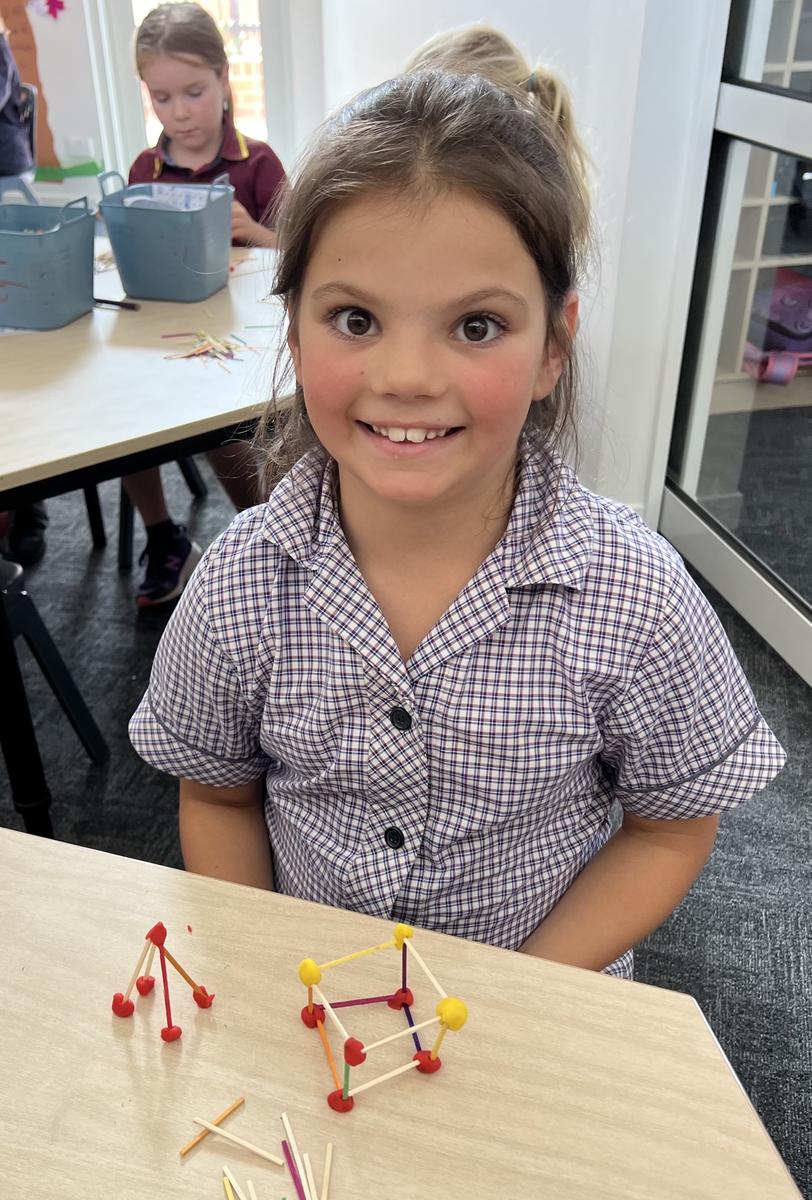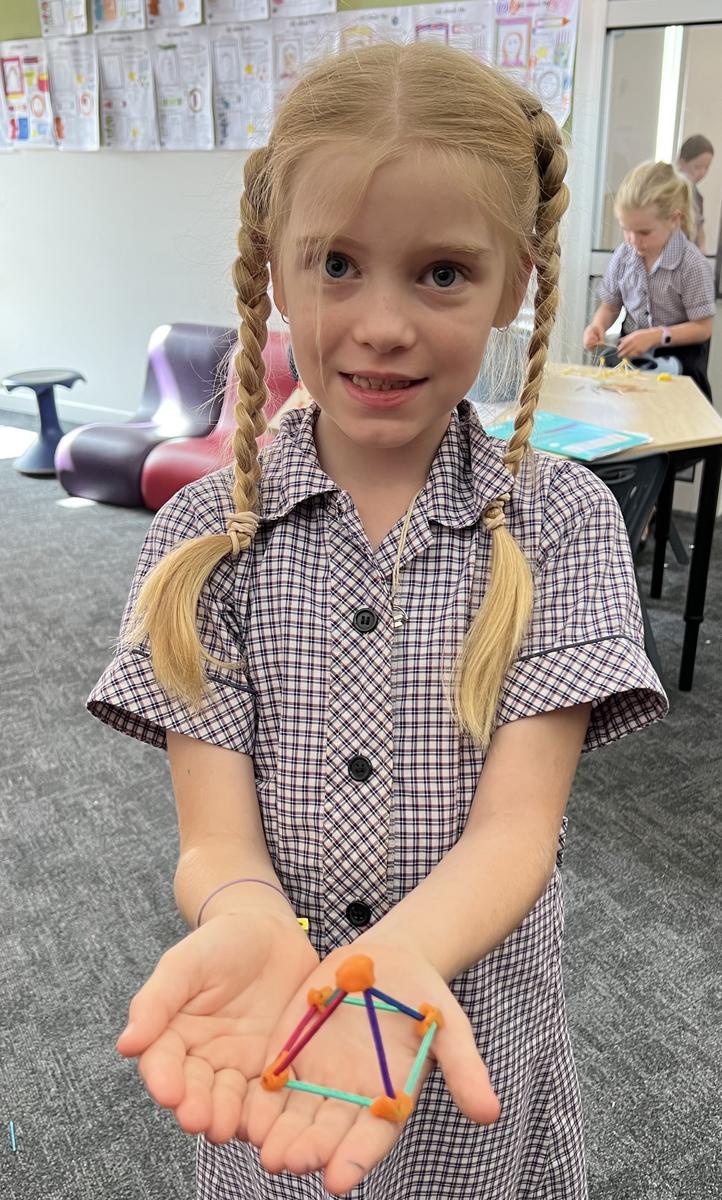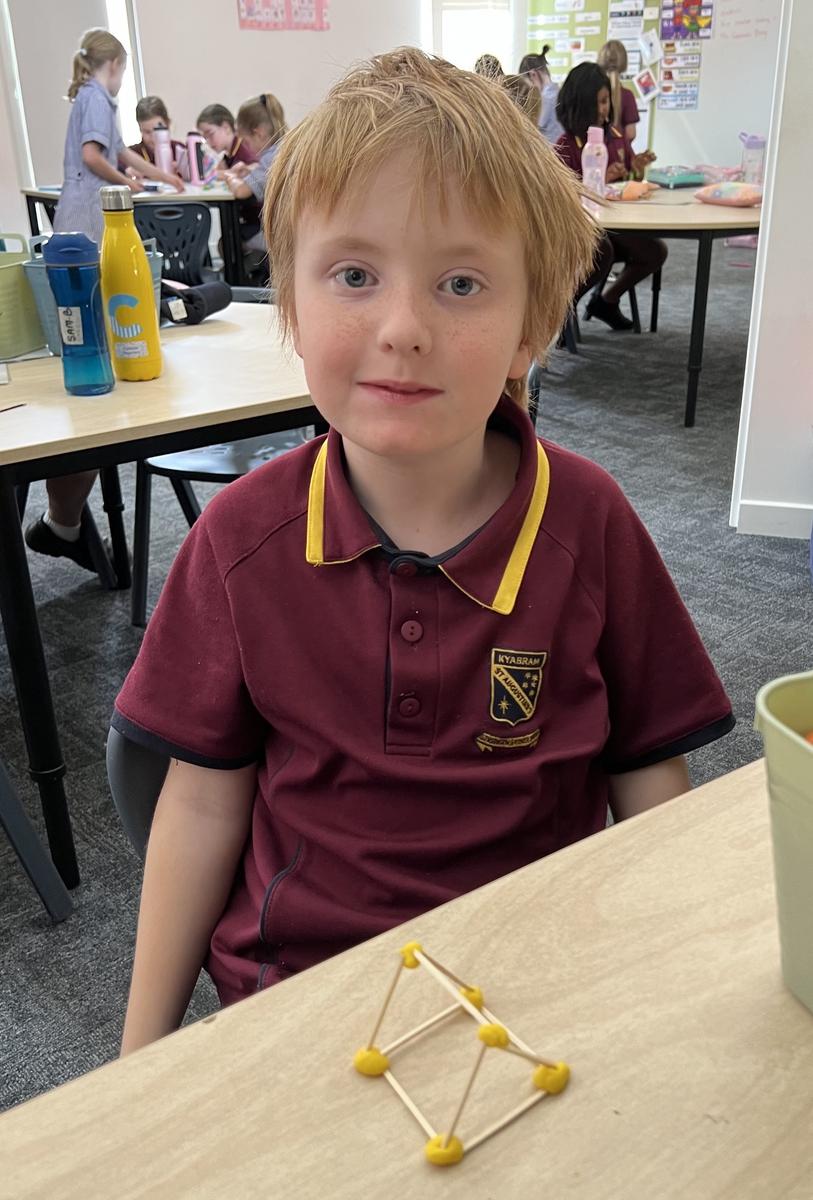F-4 Community News
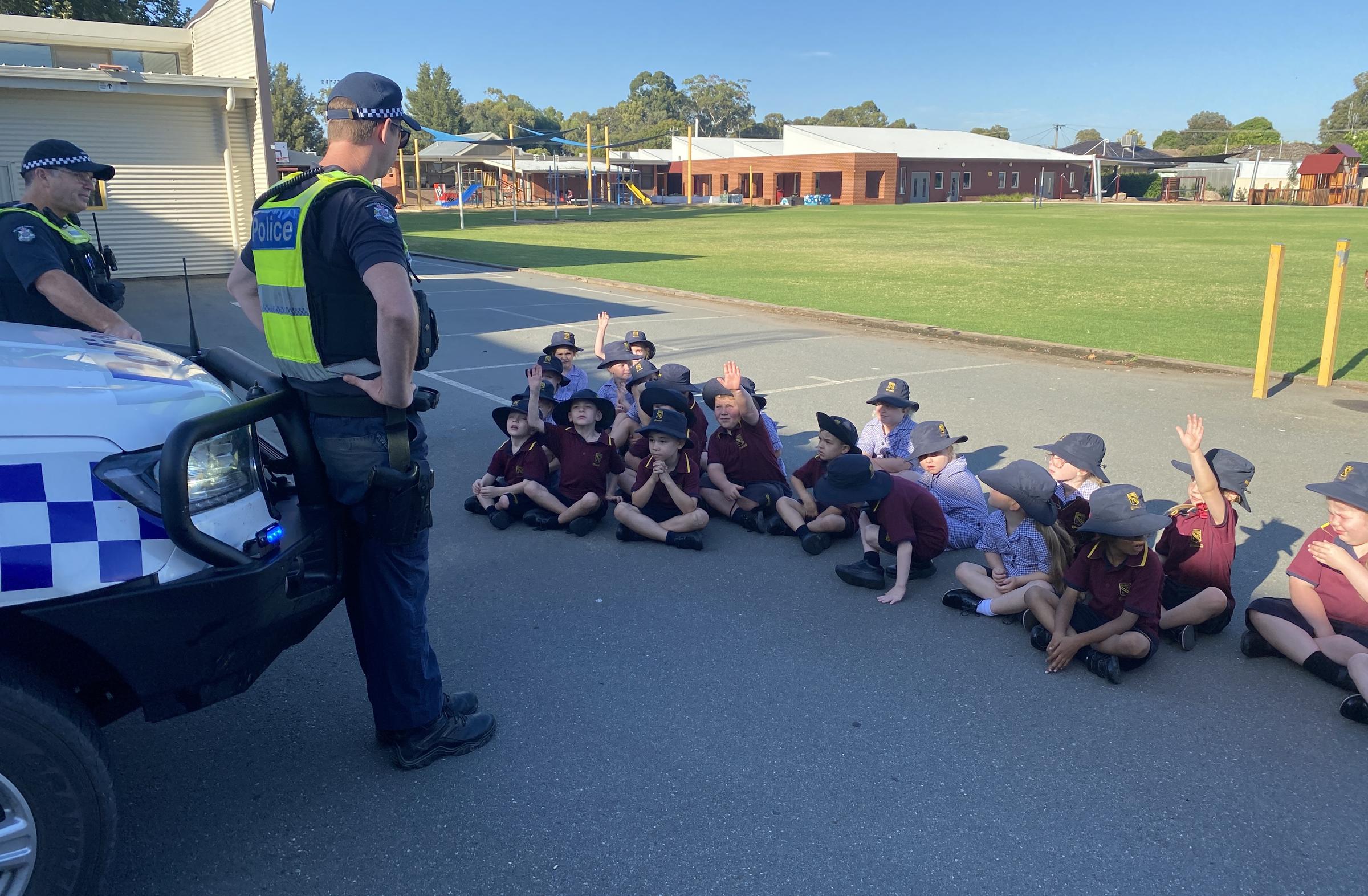
Another busy fortnight has passed in the F-4 Community. The Foundation students have been learning about 'people who help us' and have had many visits from various community members and organisations. They have enjoyed learning about the different occupations and especially loved the opportunity to sit inside a police vehicle.
We have seen the introduction of Years 1/2 homework in the form of practise materials based on the phoneme/grapheme combinations they have been learning in class in the weeks prior. They have also brought home a decodable passage with one of the phonemes as a focus to conduct nightly 60-second reads. Feedback from many students and parents already has indicated that students have enjoyed showing their parents what they can do with their reading and writing and that it has opened up a conversation between parents and children about what and how they have been learning during literacy at school.
The Year 3/4 students have been learning about the three pillars of Lent; prayer, fasting and almsgiving. They planted seeds to represent the growing relationship between themself and God during Lent.
A reminder that the F-4 Community hosts an assembly to share the learning that has taken place across the term. This term, the assembly will take place on Tuesday 4th April at 9.10am.
We would like to invite all parents and caregivers to join us in our celebration of learning. We can’t wait to see you there!
The Progression of Learning to Read
The Science of Reading is a comprehensive approach that focuses on how children learn to read and how adults can help them become fluent readers. The progression of reading starts from the basic grapheme/phoneme correspondence and progresses to reading words, phrases, sentences and eventually, full texts.
Grapheme/Phoneme Correspondence
The first step in reading is learning the relationship between the letters (graphemes) and the sounds (phonemes) they represent. Children are taught the sound of each letter of the alphabet and then they learn how to blend those sounds to read simple, one-syllable words.
Reading Words
The next stage of reading is learning to read more complex words. As children become more proficient at decoding individual phonemes, they read words with more automaticity.
Reading Phrases
With reading phrases, children begin to recognise groups of words as meaningful phrases, reading them with fluency.
Reading Sentences
Reading sentences is the next progression. Children begin to read full sentences with understanding of word meanings and grammar. They learn how to use punctuation marks to guide them in their reading and comprehension.
Reading Full Texts
Finally, the last stage of reading is being able to read full texts with a high level of comprehension. This is when ‘learning to read’ transitions to ‘reading to learn’. By this stage, children have developed the necessary decoding skills and have built up their vocabulary and language comprehension, allowing them to read and understand more complex texts.
To summarise, the Science of Reading progression from grapheme/phoneme, to word, to phrase, to sentence to full texts is a gradual approach to help children become confident readers. Each stage builds upon the previous stage by reducing cognitive load and leads to a high level of reading fluency and comprehension. Teachers and parents can use this staged approach to help children achieve reading success.
Erin Emmett and Penny Jenner
F-4 Community Leaders
Foundation
Foundation students have been working hard to learn and remember the letters and sounds introduced in the classroom. They had a great time this week saying and writing the sounds on their classmates hats.
In Inquiry, the Foundation students have been learning about people who help us in the Community. Last week the Kyabram Police came and visited the students and spent time explaining how they can help us in an emergency. The students had fun exploring the police vehicle and listening to the siren was the best part!
This week during Maths, our Foundation students have had a focus on the teen numbers. They did an amazing job on their number formation while filling in the disappearing numbers.
Years 1 and 2
The wonderful ones and terrific twos are working hard learning about fairy tales in Literacy at the moment.
We have shared the stories of Sleeping Beauty, Rapunzel, Rumplestiltskin, The Frog Prince, Hansel and Gretel and Jack and the Beanstalk. Students are becoming familiar with the common elements in fairy tales such as a ‘once upon a time' beginning, royal characters, elements of fantasy, magic, problems and solutions, and happy endings.
They have enjoyed identifying the elements within the different fairy tales and sequencing the events that take place. We are retelling the stories in our own words with masks and puppets.
We were surprised to hear of an interesting fact when reading our fairy tales...
Fun fact: what is rapunzel a type of?
Hint: you can eat it!
Ask a 1/2 student for the answer!
Students were excited to receive their first 'homework' last Friday and a new focus will be sent home each week. The focus will continue on from our learnings in literacy at school and is a great opportunity for students to consolidate and practice their learning. As well as continuing to read their readers, students can also do a '60 second read' in which they can practice their fluency by reading with a smooth and consistent pace. If you have any questions regarding the homework, please see you child's TA.
In mathematics we are working hard to learn about both 2D and 3D shapes - their properties and where they are found. We are creating shape pictures and having shape hunts around the school. Maybe you could have a shape hunt at your house?
Just a reminder that we have an F-4 assembly on Tuesday the 4th of April at 9.10am.
It is terrific to see many students bringing their library bags each week to borrow books and wearing their sneakers on sport days.
Keep up the great work for the last few weeks of term everyone!

